Home / World / Trump Warns Iran Over Nuclear Program, Hints at Military Action Amid Fragile Diplomacy
Trump Warns Iran Over Nuclear Program, Hints at Military Action Amid Fragile Diplomacy
By: My India Times
6 minutes read 127Updated At: 2025-04-15

Washington, D.C. —
In a sharp escalation of rhetoric, U.S. President Donald Trump has issued a direct and stern warning to Iran, urging the Islamic Republic to “forget the concept of a nuclear weapon” or prepare to face serious consequences, including the possibility of military action. His remarks come at a sensitive moment, as backchannel diplomacy cautiously resumes between Washington and Tehran after years of deteriorating relations.
The warning followed a meeting in Oman between U.S. special envoy Steve Witkoff and a senior Iranian official — a rare face-to-face engagement amid years of tension and mutual distrust. Though both sides described the talks as "positive and constructive," Trump’s blunt comments served as a reminder that the threat of force remains very real if diplomacy falters.
“I think they’re tapping us along,” Trump told reporters, accusing Iran of deliberately delaying the negotiation process.
“They have to get rid of the concept of a nuclear weapon. They cannot have one. Full stop.”
When asked whether U.S. options include a military strike on Iran’s nuclear facilities, Trump responded without hesitation:
“Of course it does.”
He further warned that time is running out for Iran, suggesting the country is dangerously close to achieving nuclear capability.
“They’re fairly close,” he said. “And they need to move fast.”
Diplomatic Engagements: A Fragile Path Forward
The latest round of discussions marks a tentative shift toward diplomacy after years of hostility. The meeting in Oman is part of a broader effort to assess the possibility of reviving or reimagining the 2015 Joint Comprehensive Plan of Action (JCPOA), which was designed to restrict Iran's nuclear capabilities in exchange for sanctions relief.
A second round of discussions is scheduled to take place in Rome, signaling cautious optimism among international observers.
According to a report by Reuters, these exploratory talks are focused not on reinstating the JCPOA as it was, but rather on creating a new framework that takes into account the developments of the past few years — including Iran’s technological advances and growing regional influence.
A senior U.S. diplomat said the discussions were meant to "test the waters," adding,
“It’s not about trust. It’s about verification, enforcement, and realistic expectations.”
The Bigger Picture: A Region on the Brink
Iran’s nuclear program has long been a flashpoint in the Middle East, raising alarms not only in Washington but across the region. Israel has repeatedly signaled that it would take unilateral action if Iran crosses the nuclear threshold, while Gulf states such as Saudi Arabia and the UAE have warned of a potential arms race if Iran becomes a nuclear-armed state.
Trump’s comments are likely to be welcomed in Tel Aviv and Riyadh, where leaders have consistently advocated for a more hardline approach to Iran’s ambitions. However, European powers, including France and Germany, have urged restraint and a renewed focus on diplomacy.
Russia and China — both signatories to the original JCPOA — have also encouraged a return to negotiations, though they have criticized the U.S.'s previous decision to unilaterally withdraw from the deal in 2018.
Iran’s Position: Denial and Defiance
Tehran has consistently denied that it is seeking to build nuclear weapons, insisting that its nuclear program is purely for civilian and medical purposes. The Iranian leadership has pointed to religious edicts, or fatwas, issued by Supreme Leader Ayatollah Ali Khamenei that prohibit the production and use of nuclear arms.
In response to Trump’s remarks, an Iranian foreign ministry spokesperson accused the U.S. of resorting to “intimidation and pressure,” which they argue only serve to derail diplomatic efforts.
“Iran remains committed to peaceful nuclear development within the framework of international law,” the spokesperson said.
“Threats and ultimatums will only poison the atmosphere of negotiations.”
Nevertheless, intelligence reports from Western nations and assessments from the International Atomic Energy Agency (IAEA) indicate that Iran has been enriching uranium at levels much higher than previously permitted — bringing it closer to weapons-grade material.
Trump’s Strategy: Leverage First, Deal Later
Trump’s approach seems to be a blend of strategic pressure and high-stakes negotiation — a hallmark of his foreign policy style. By keeping the threat of military action visible while engaging in diplomacy, the administration aims to force Iran into concessions that go beyond the scope of the original nuclear deal.
This approach mirrors Trump’s strategy with North Korea during his first term, where fire-and-fury rhetoric eventually gave way to unprecedented face-to-face summits.
“Trump is using the playbook he trusts: escalate pressure, then offer a way out,” says Dr. Laura Henley, a foreign policy analyst at the Brookings Institution.
“But with Iran, the stakes are much higher, and the region is far more volatile.”
What’s at Stake: A Deal or a Dangerous Spiral
If negotiations break down, the consequences could be far-reaching. A military confrontation between the U.S. and Iran would risk engulfing the entire Middle East in conflict, disrupt global oil markets, and potentially draw in other powers like Russia and China. It could also spur Iran to double down on its nuclear ambitions.
On the other hand, a successful agreement could stabilize the region, open new avenues for economic cooperation, and reduce the risk of nuclear proliferation.
Both sides now face a critical choice: escalate or engage.
“The window for diplomacy is open — but it won’t stay open forever,” said one senior European diplomat involved in backchannel efforts.
“It’s time to stop posturing and start problem-solving.”
Conclusion: A Defining Moment Approaches
President Trump’s warning to Iran is a clear signal that the United States is prepared to act decisively if diplomatic efforts fail. While backchannel negotiations continue, the possibility of conflict looms large. As Iran edges closer to nuclear capability, and the U.S. doubles down on its red lines, the world is watching closely.
The coming weeks could determine not just the future of U.S.-Iran relations, but the stability of an entire region.
....Washington, D.C. —
In a sharp escalation of rhetoric, U.S. President Donald Trump has issued a direct and stern warning to Iran, urging the Islamic Republic to “forget the concept of a nuclear weapon” or prepare to face serious consequences, including the possibility of military action. His remarks come at a sensitive moment, as backchannel diplomacy cautiously resumes between Washington and Tehran after years of deteriorating relations.
The warning followed a meeting in Oman between U.S. special envoy Steve Witkoff and a senior Iranian official — a rare face-to-face engagement amid years of tension and mutual distrust. Though both sides described the talks as "positive and constructive," Trump’s blunt comments served as a reminder that the threat of force remains very real if diplomacy falters.
“I think they’re tapping us along,” Trump told reporters, accusing Iran of deliberately delaying the negotiation process.
“They have to get rid of the concept of a nuclear weapon. They cannot have one. Full stop.”
When asked whether U.S. options include a military strike on Iran’s nuclear facilities, Trump responded without hesitation:
“Of course it does.”
He further warned that time is running out for Iran, suggesting the country is dangerously close to achieving nuclear capability.
“They’re fairly close,” he said. “And they need to move fast.”
Diplomatic Engagements: A Fragile Path Forward
The latest round of discussions marks a tentative shift toward diplomacy after years of hostility. The meeting in Oman is part of a broader effort to assess the possibility of reviving or reimagining the 2015 Joint Comprehensive Plan of Action (JCPOA), which was designed to restrict Iran's nuclear capabilities in exchange for sanctions relief.
A second round of discussions is scheduled to take place in Rome, signaling cautious optimism among international observers.
According to a report by Reuters, these exploratory talks are focused not on reinstating the JCPOA as it was, but rather on creating a new framework that takes into account the developments of the past few years — including Iran’s technological advances and growing regional influence.
A senior U.S. diplomat said the discussions were meant to "test the waters," adding,
“It’s not about trust. It’s about verification, enforcement, and realistic expectations.”
The Bigger Picture: A Region on the Brink
Iran’s nuclear program has long been a flashpoint in the Middle East, raising alarms not only in Washington but across the region. Israel has repeatedly signaled that it would take unilateral action if Iran crosses the nuclear threshold, while Gulf states such as Saudi Arabia and the UAE have warned of a potential arms race if Iran becomes a nuclear-armed state.
Trump’s comments are likely to be welcomed in Tel Aviv and Riyadh, where leaders have consistently advocated for a more hardline approach to Iran’s ambitions. However, European powers, including France and Germany, have urged restraint and a renewed focus on diplomacy.
Russia and China — both signatories to the original JCPOA — have also encouraged a return to negotiations, though they have criticized the U.S.'s previous decision to unilaterally withdraw from the deal in 2018.
Iran’s Position: Denial and Defiance
Tehran has consistently denied that it is seeking to build nuclear weapons, insisting that its nuclear program is purely for civilian and medical purposes. The Iranian leadership has pointed to religious edicts, or fatwas, issued by Supreme Leader Ayatollah Ali Khamenei that prohibit the production and use of nuclear arms.
In response to Trump’s remarks, an Iranian foreign ministry spokesperson accused the U.S. of resorting to “intimidation and pressure,” which they argue only serve to derail diplomatic efforts.
“Iran remains committed to peaceful nuclear development within the framework of international law,” the spokesperson said.
“Threats and ultimatums will only poison the atmosphere of negotiations.”
Nevertheless, intelligence reports from Western nations and assessments from the International Atomic Energy Agency (IAEA) indicate that Iran has been enriching uranium at levels much higher than previously permitted — bringing it closer to weapons-grade material.
Trump’s Strategy: Leverage First, Deal Later
Trump’s approach seems to be a blend of strategic pressure and high-stakes negotiation — a hallmark of his foreign policy style. By keeping the threat of military action visible while engaging in diplomacy, the administration aims to force Iran into concessions that go beyond the scope of the original nuclear deal.
This approach mirrors Trump’s strategy with North Korea during his first term, where fire-and-fury rhetoric eventually gave way to unprecedented face-to-face summits.
“Trump is using the playbook he trusts: escalate pressure, then offer a way out,” says Dr. Laura Henley, a foreign policy analyst at the Brookings Institution.
“But with Iran, the stakes are much higher, and the region is far more volatile.”
What’s at Stake: A Deal or a Dangerous Spiral
If negotiations break down, the consequences could be far-reaching. A military confrontation between the U.S. and Iran would risk engulfing the entire Middle East in conflict, disrupt global oil markets, and potentially draw in other powers like Russia and China. It could also spur Iran to double down on its nuclear ambitions.
On the other hand, a successful agreement could stabilize the region, open new avenues for economic cooperation, and reduce the risk of nuclear proliferation.
Both sides now face a critical choice: escalate or engage.
“The window for diplomacy is open — but it won’t stay open forever,” said one senior European diplomat involved in backchannel efforts.
“It’s time to stop posturing and start problem-solving.”
Conclusion: A Defining Moment Approaches
President Trump’s warning to Iran is a clear signal that the United States is prepared to act decisively if diplomatic efforts fail. While backchannel negotiations continue, the possibility of conflict looms large. As Iran edges closer to nuclear capability, and the U.S. doubles down on its red lines, the world is watching closely.
The coming weeks could determine not just the future of U.S.-Iran relations, but the stability of an entire region.
By: My India Times
Updated At: 2025-04-15
Tags: World News | My India Times News | Trending News | Travel News
Join our WhatsApp Channel







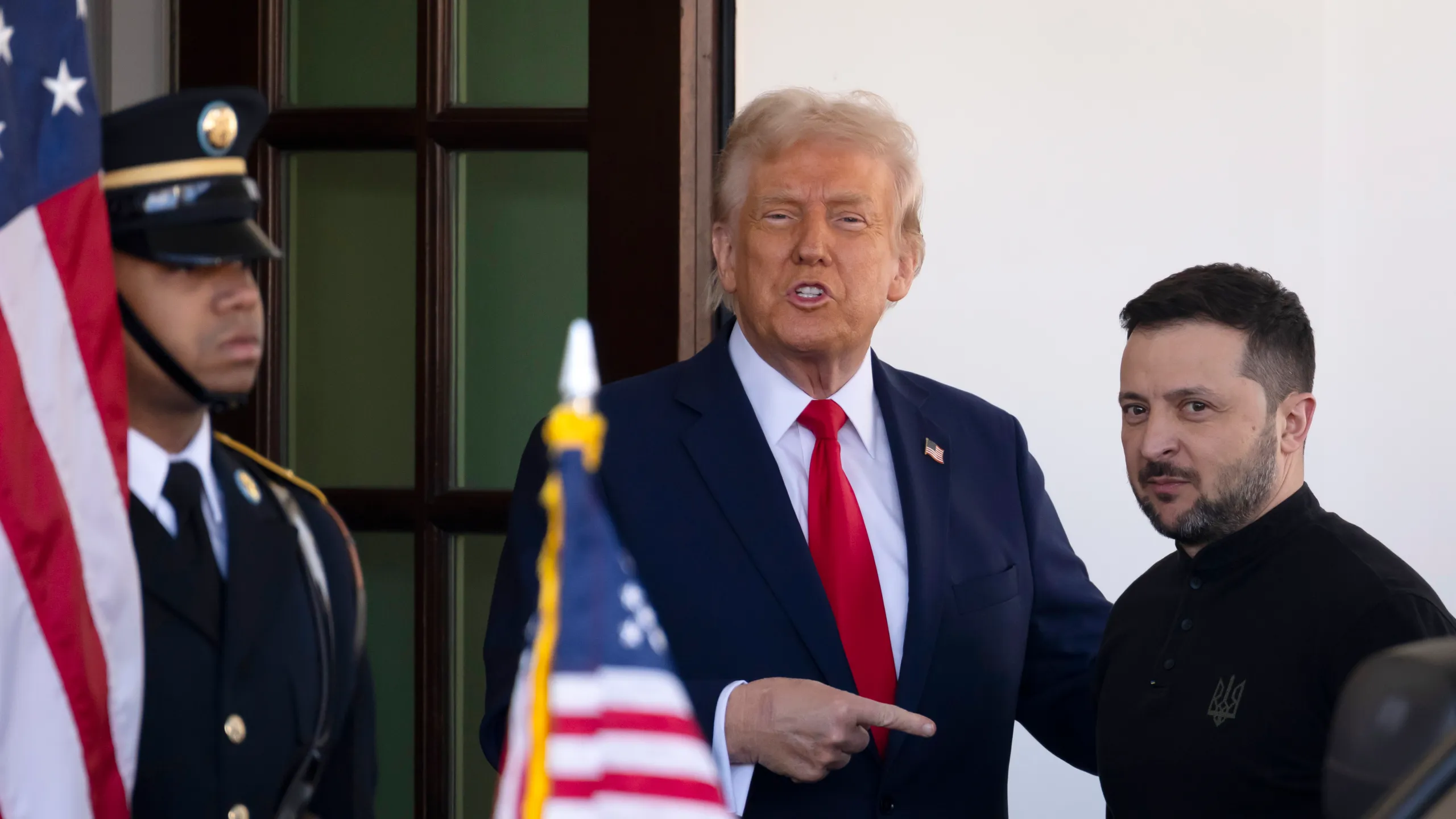
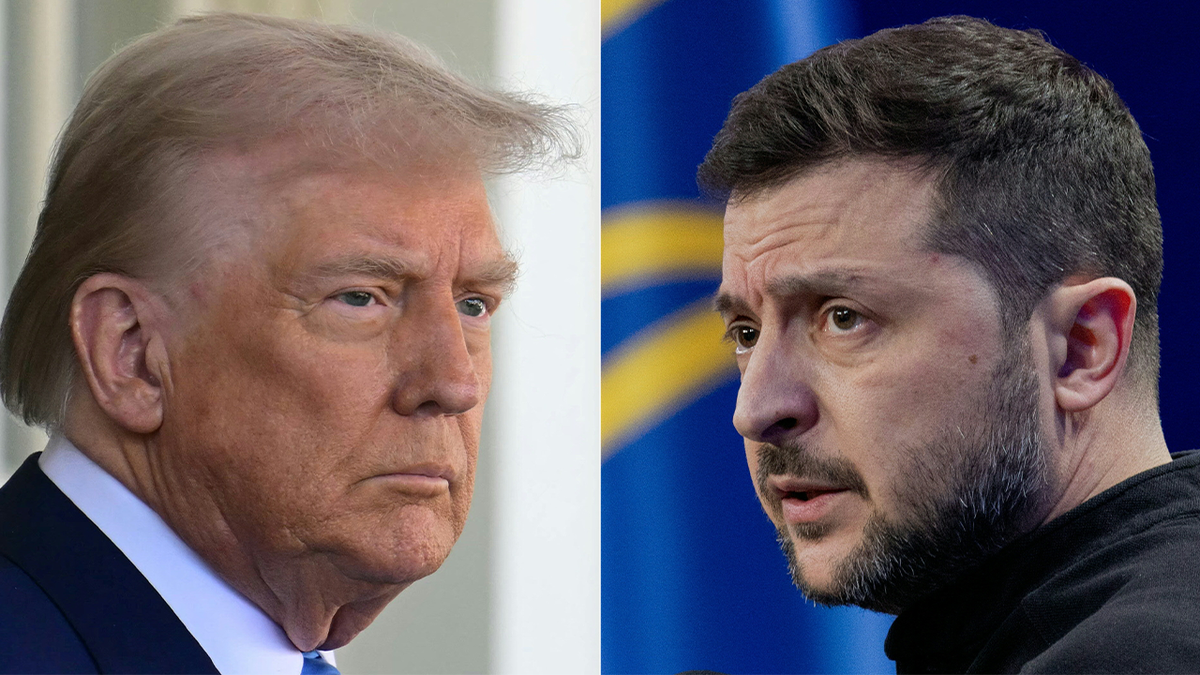
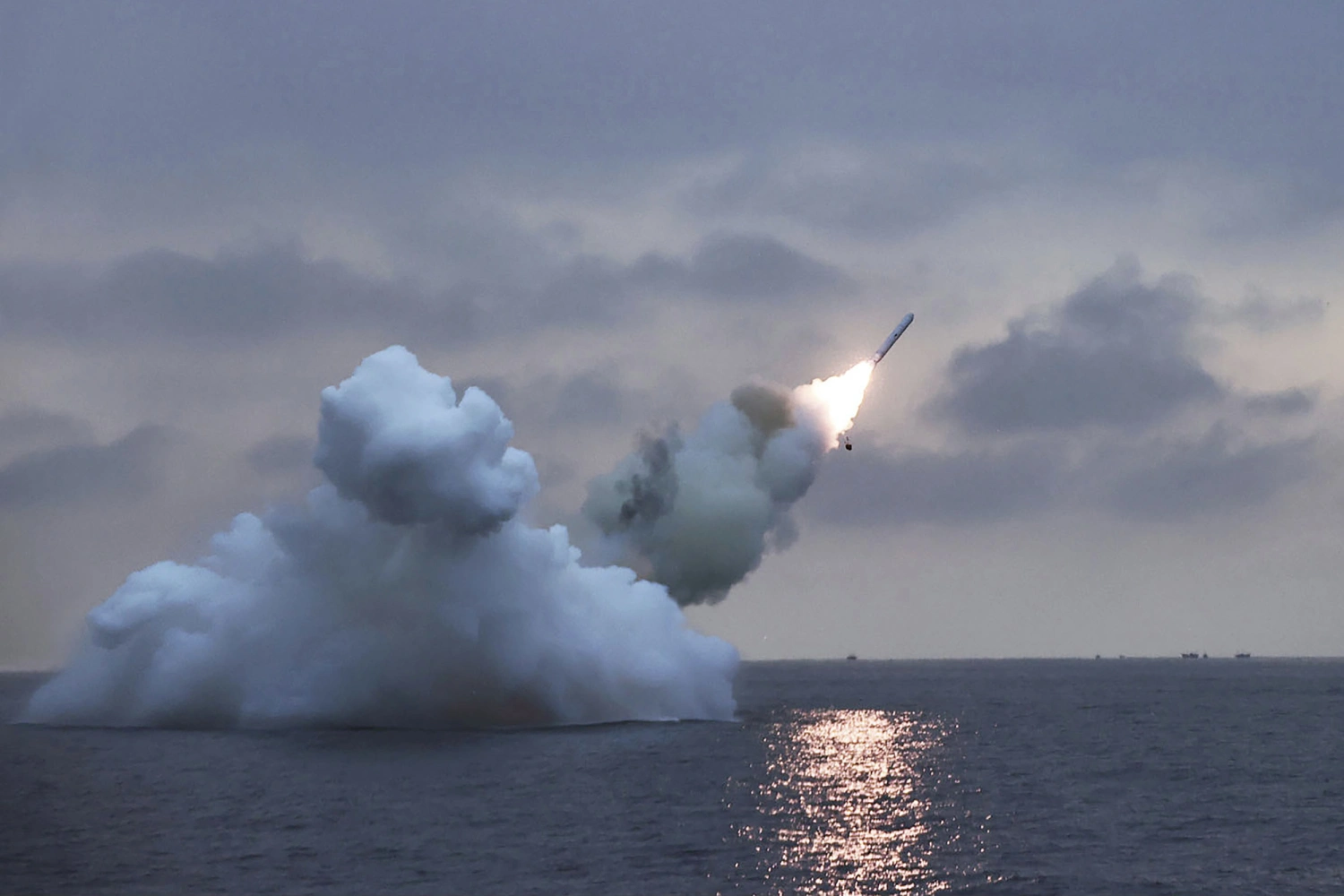
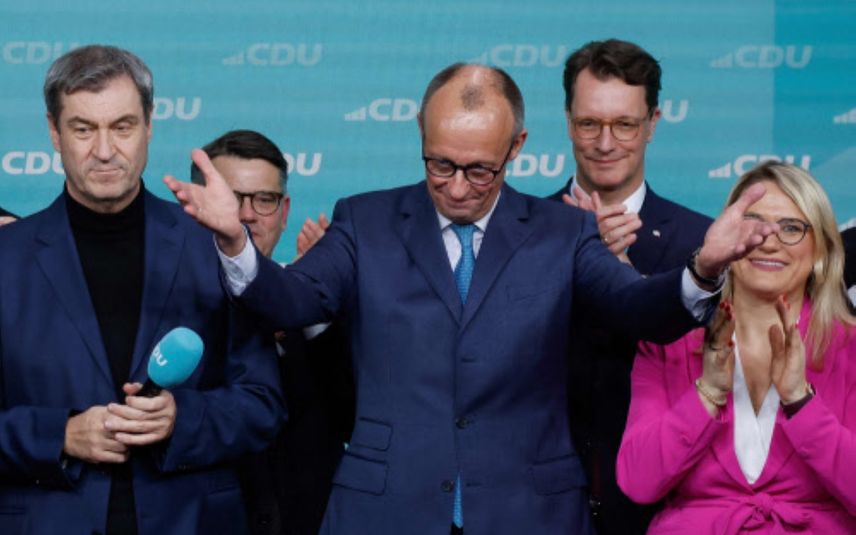
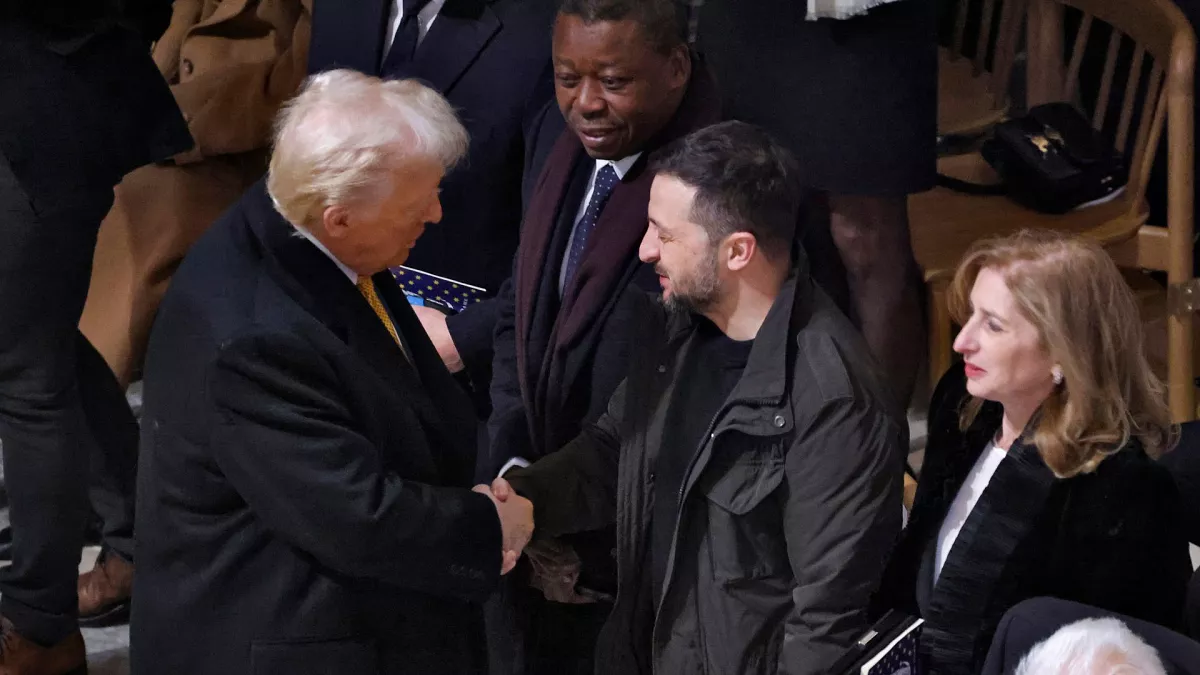
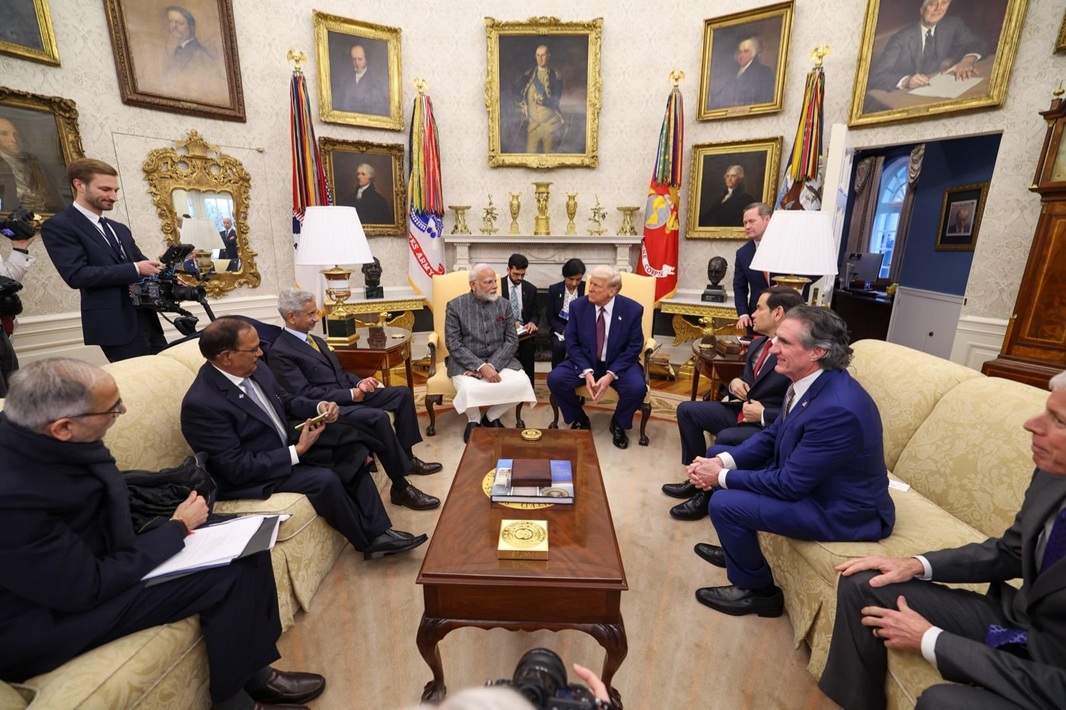
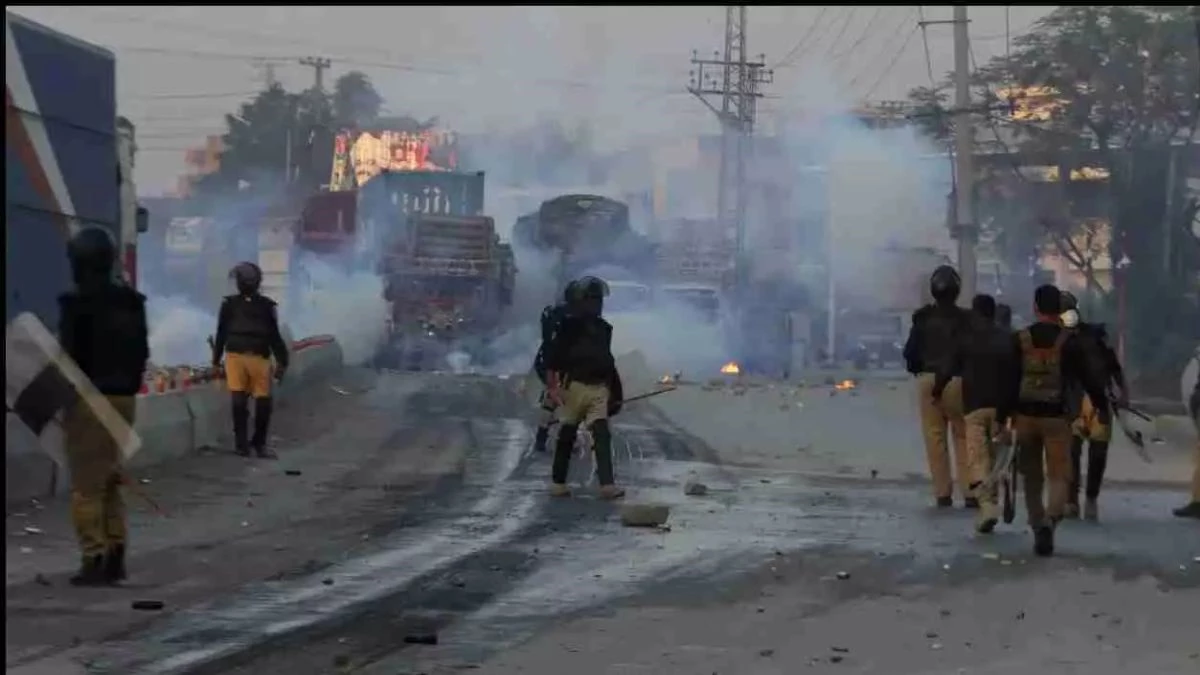
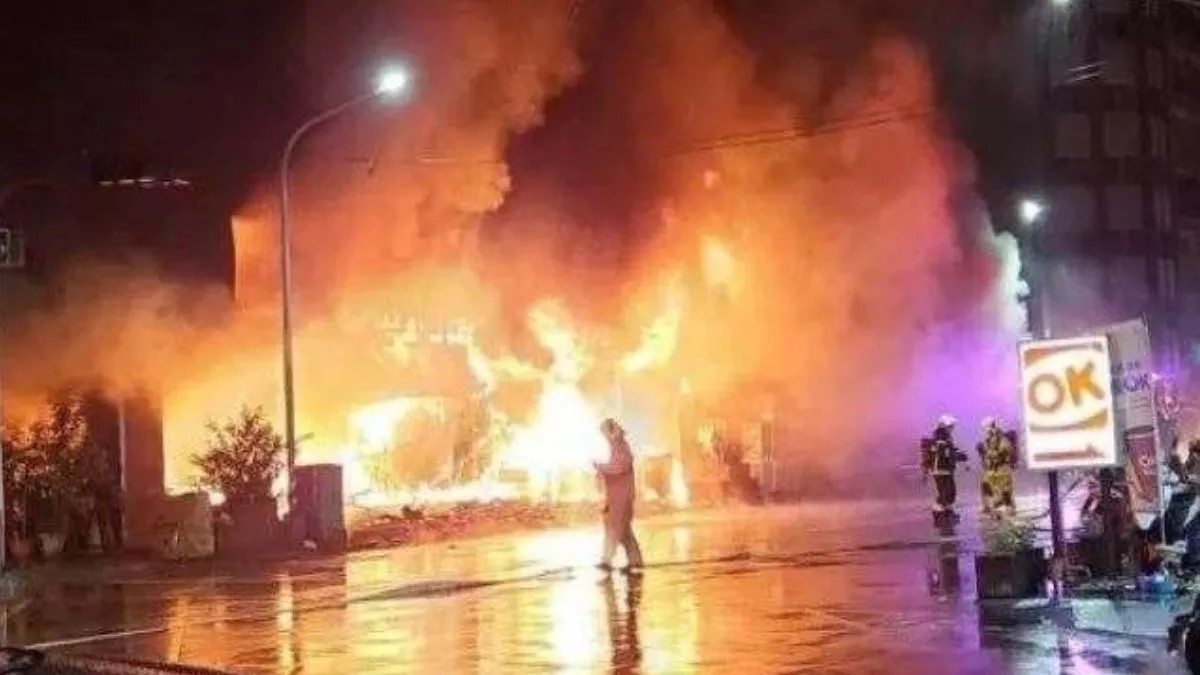
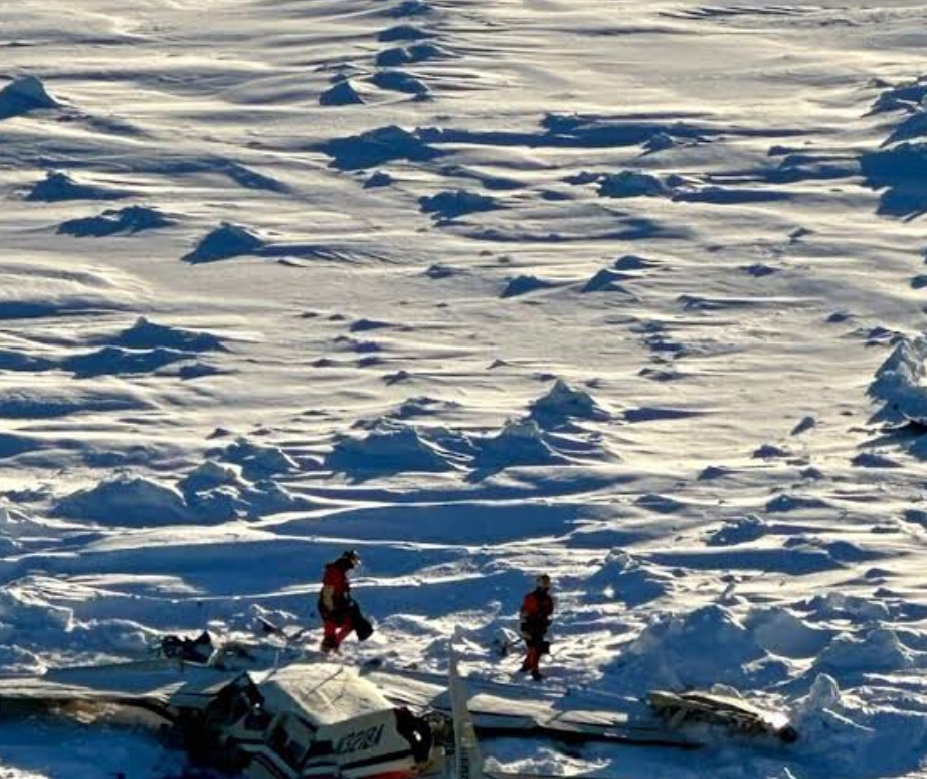

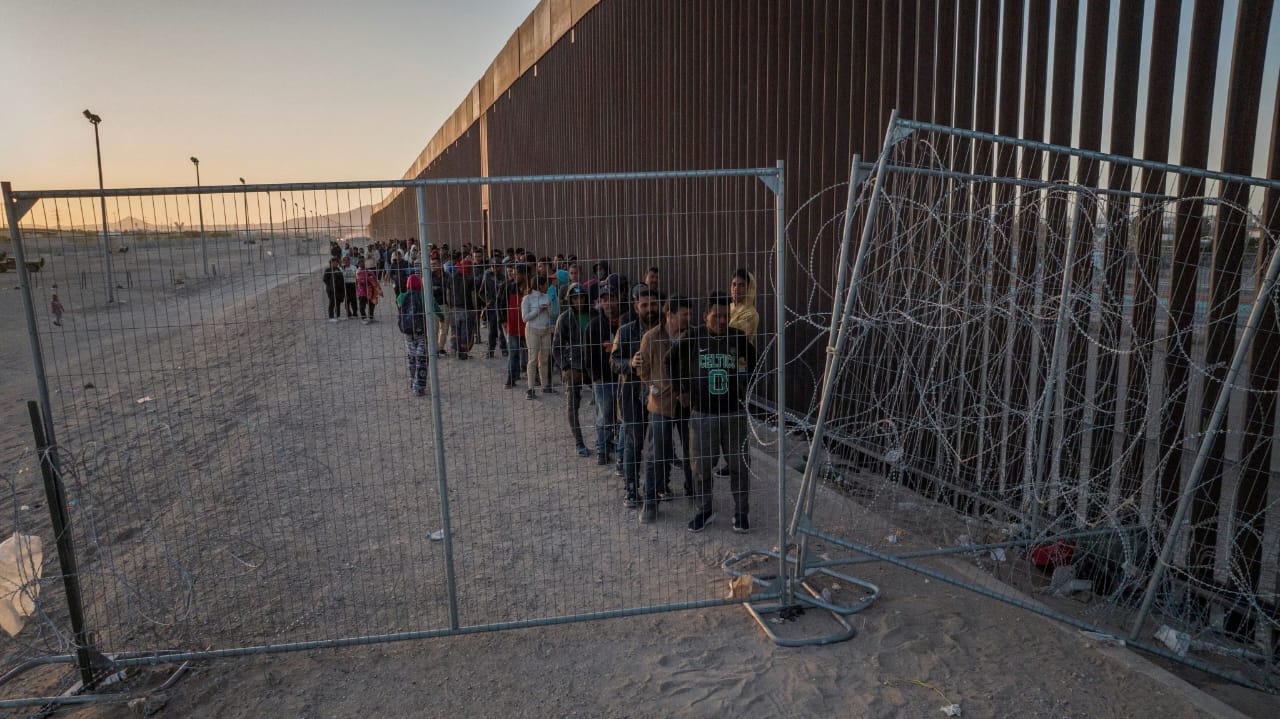

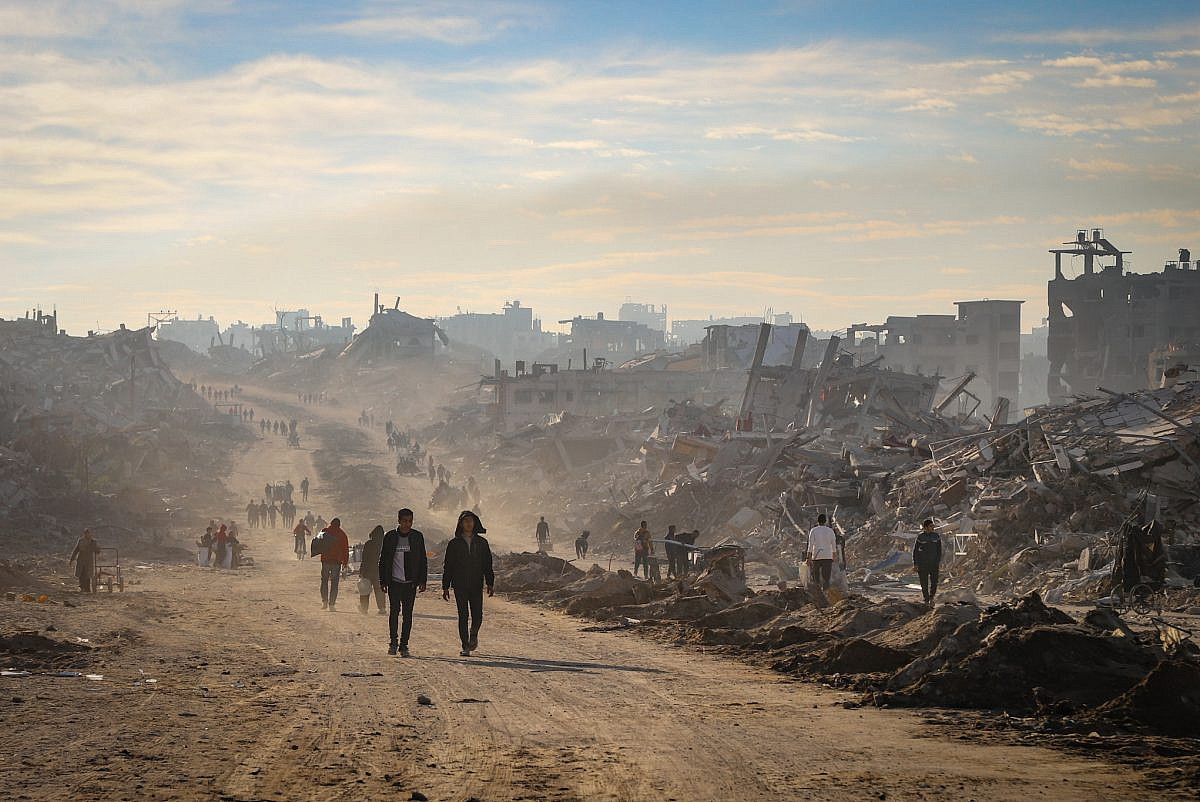
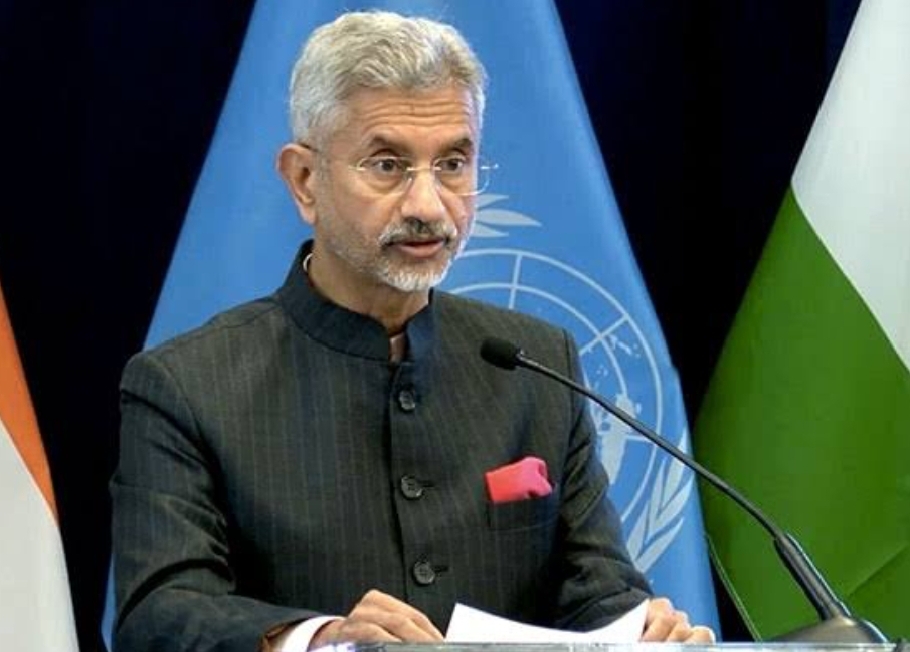
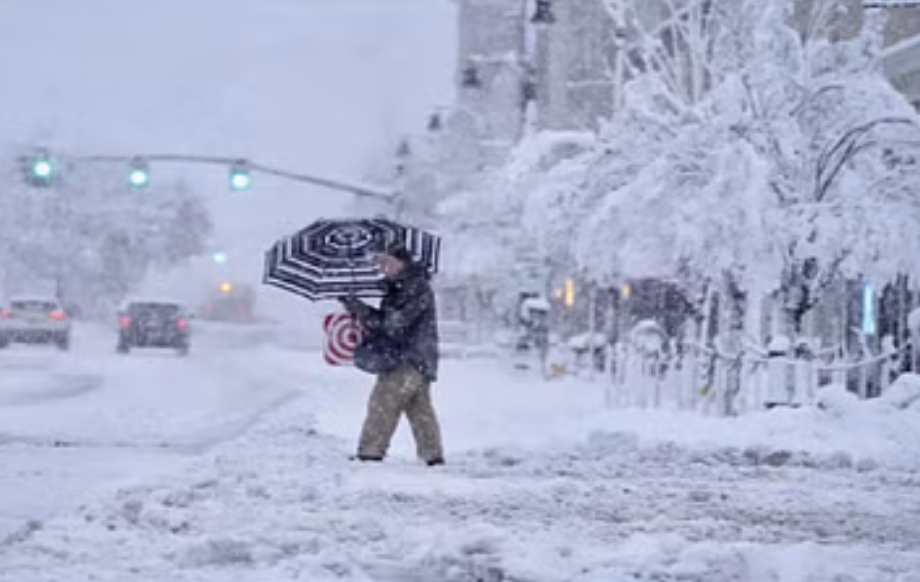
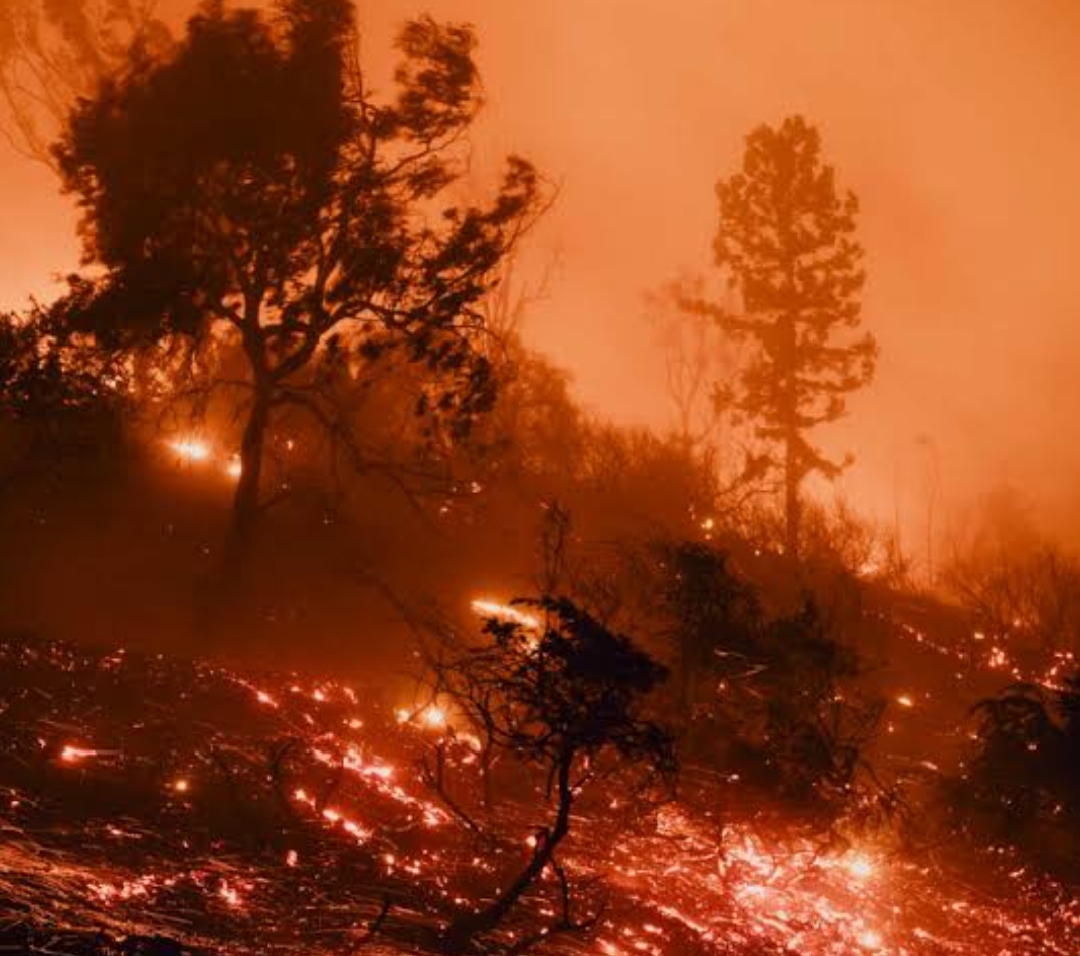

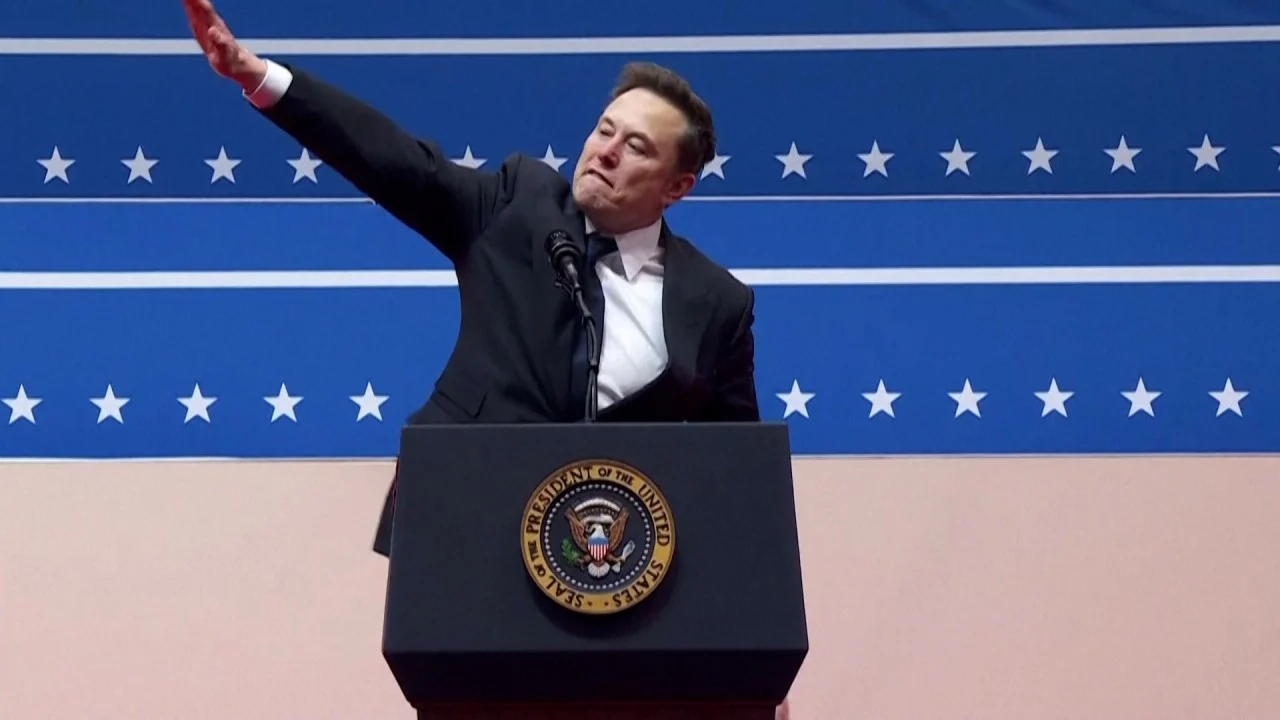
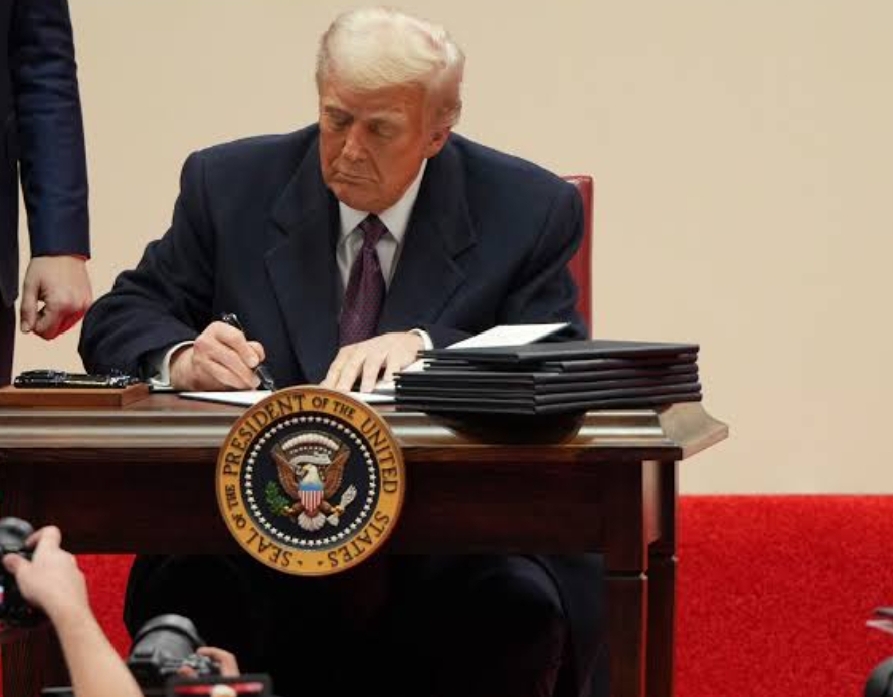
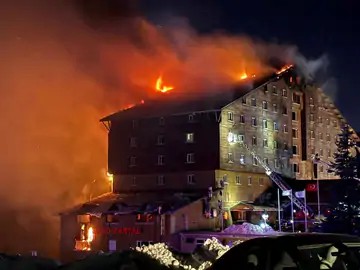
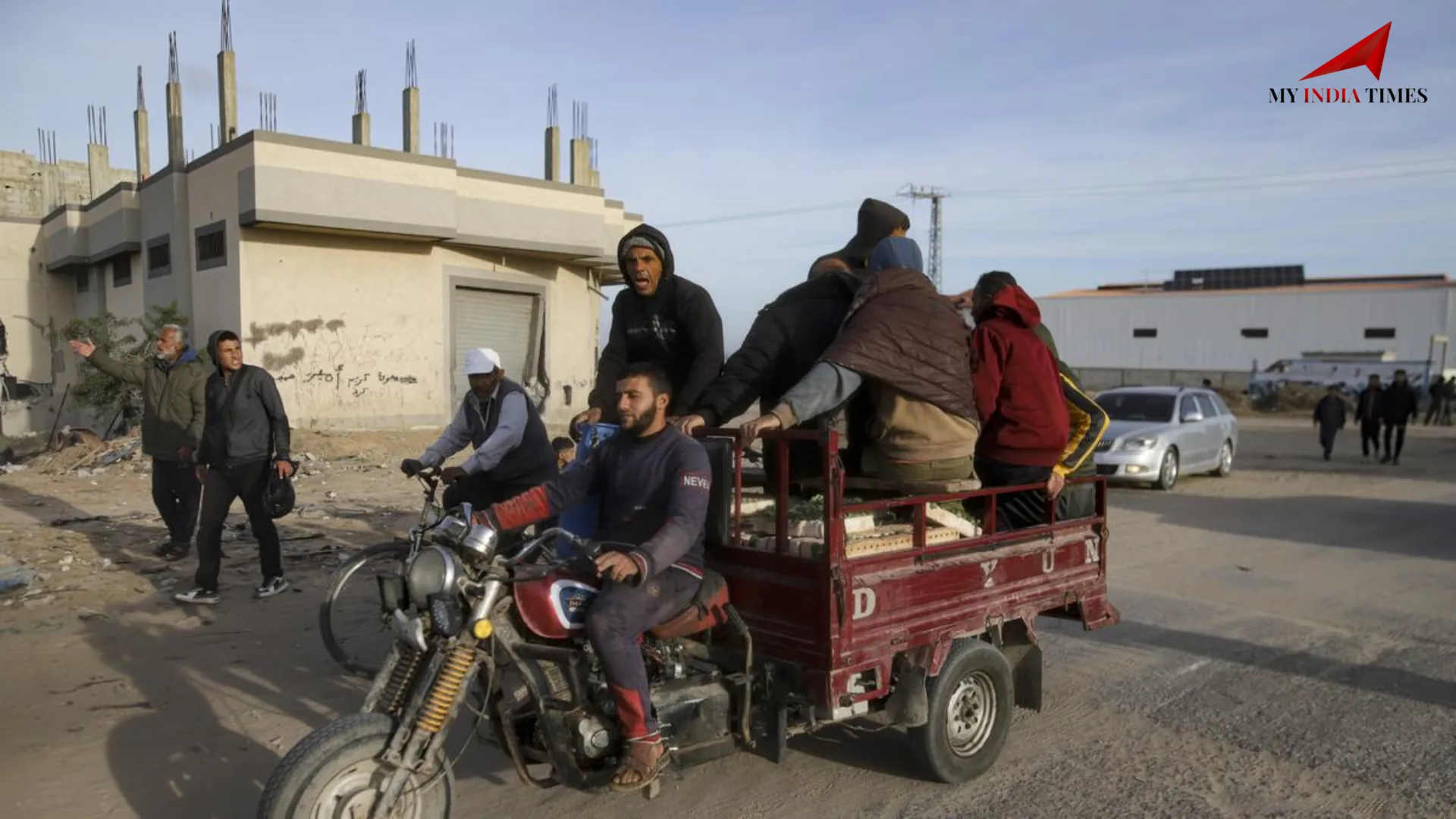
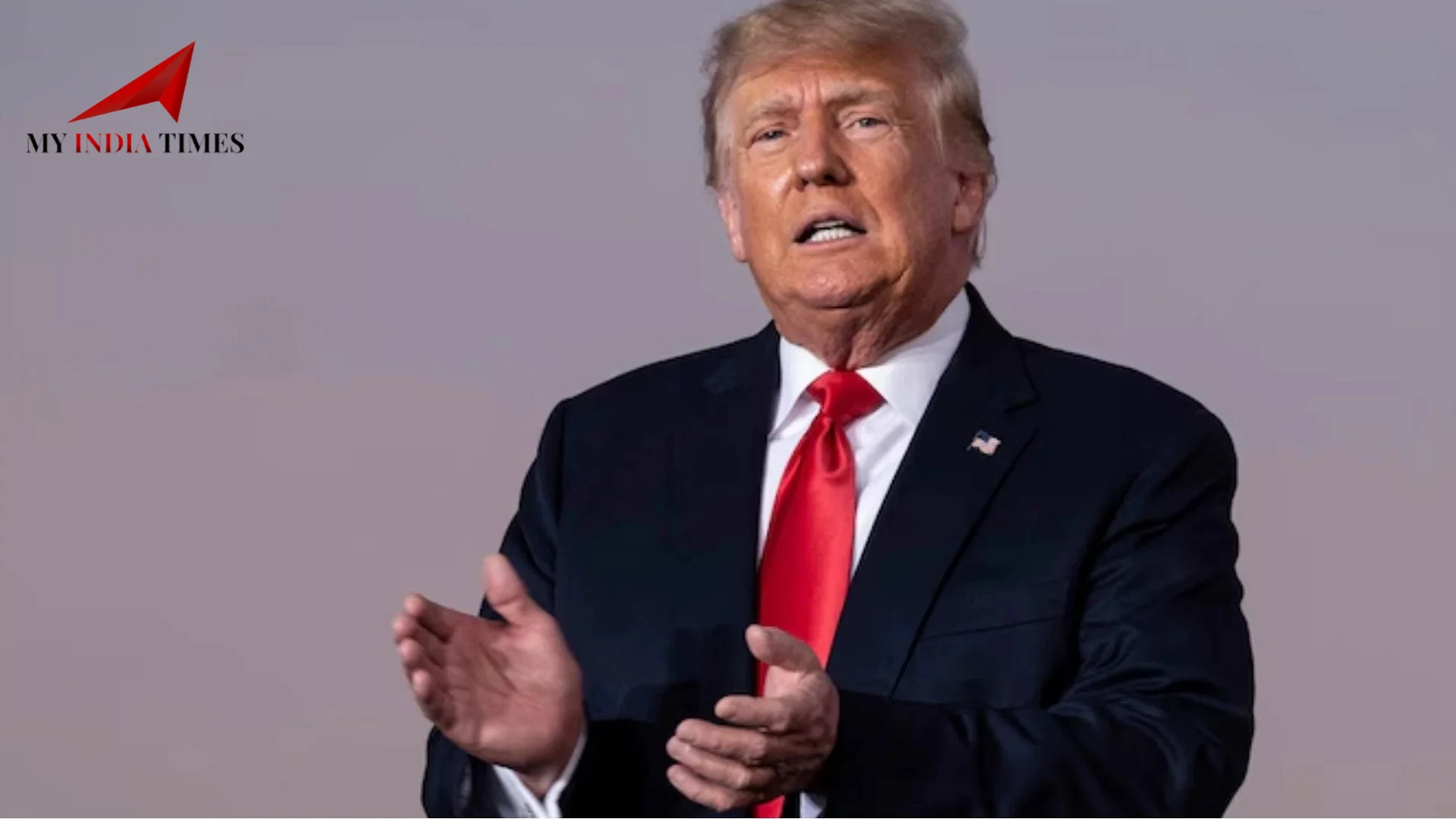
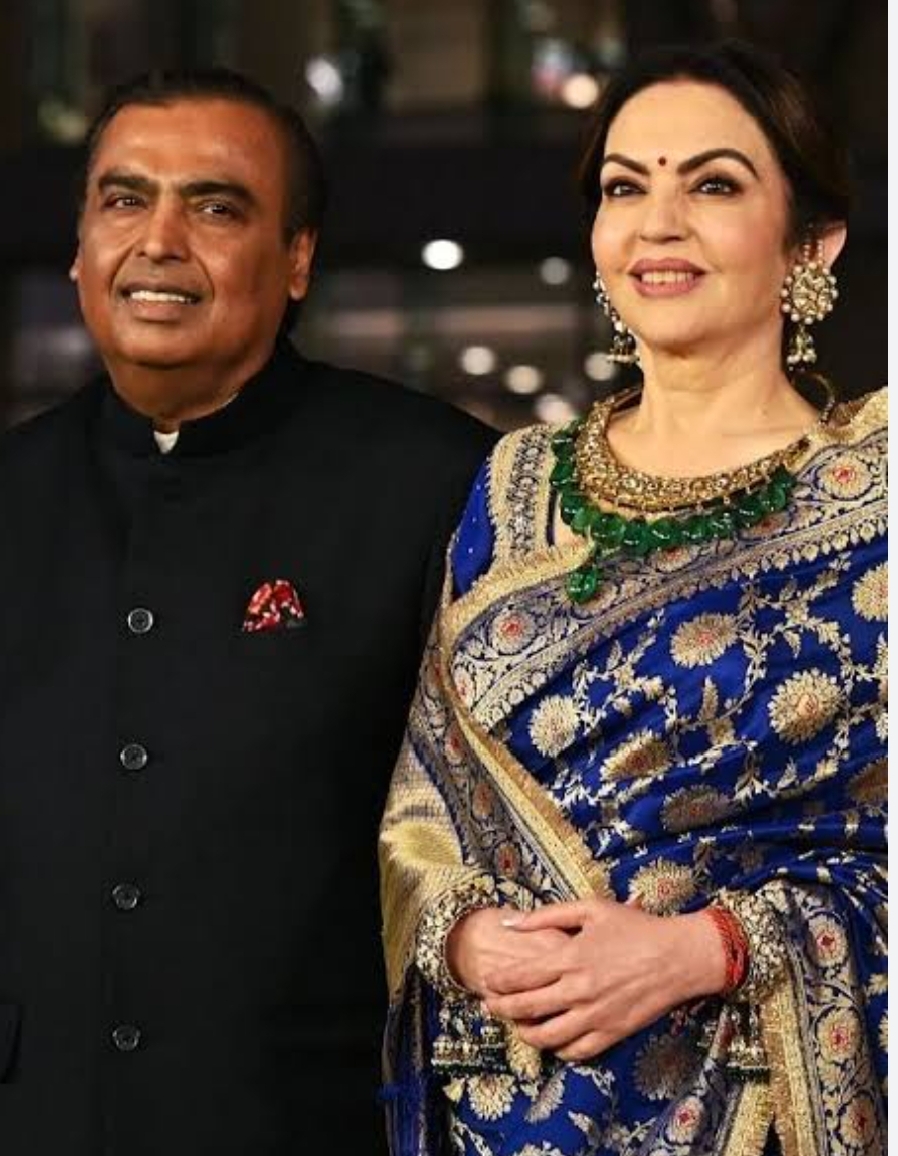
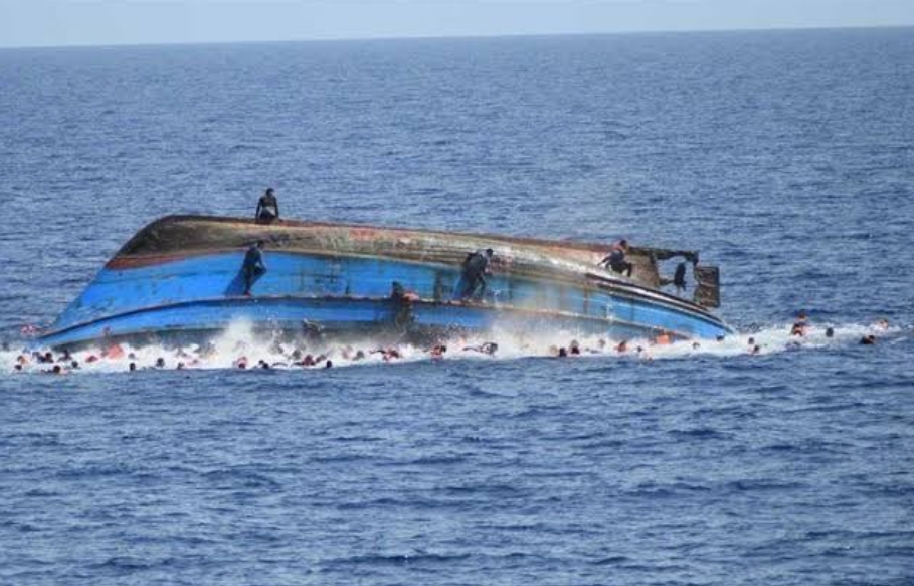
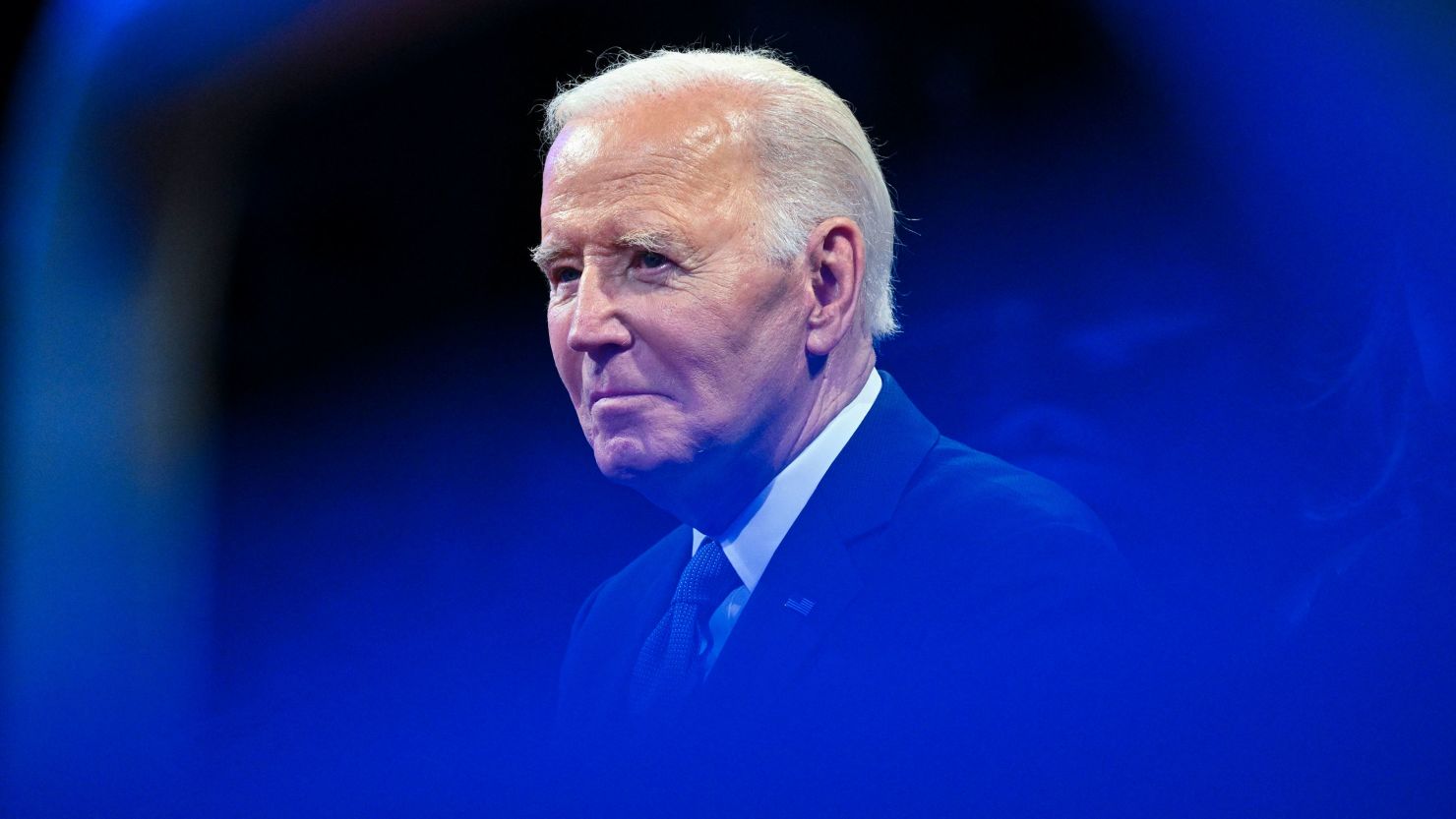
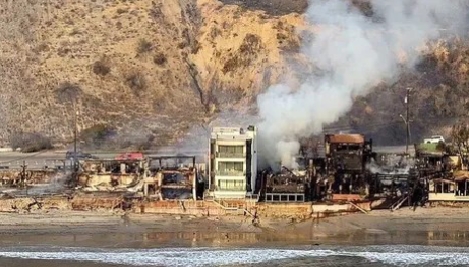

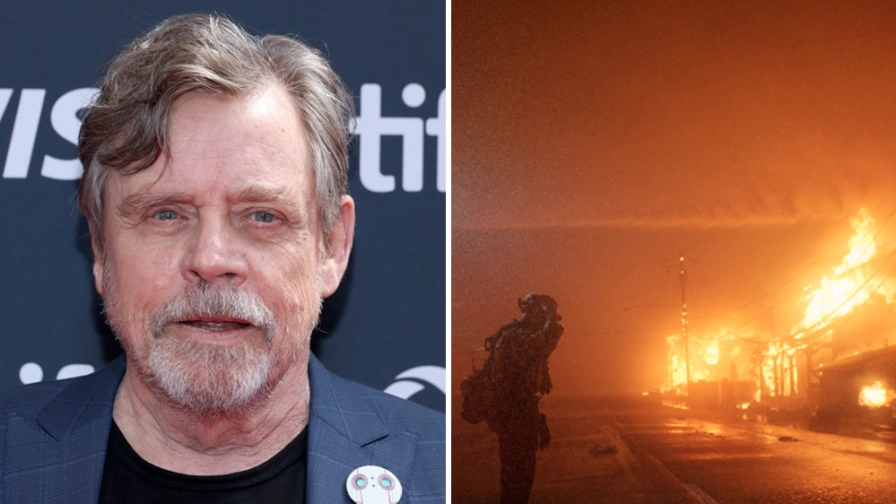

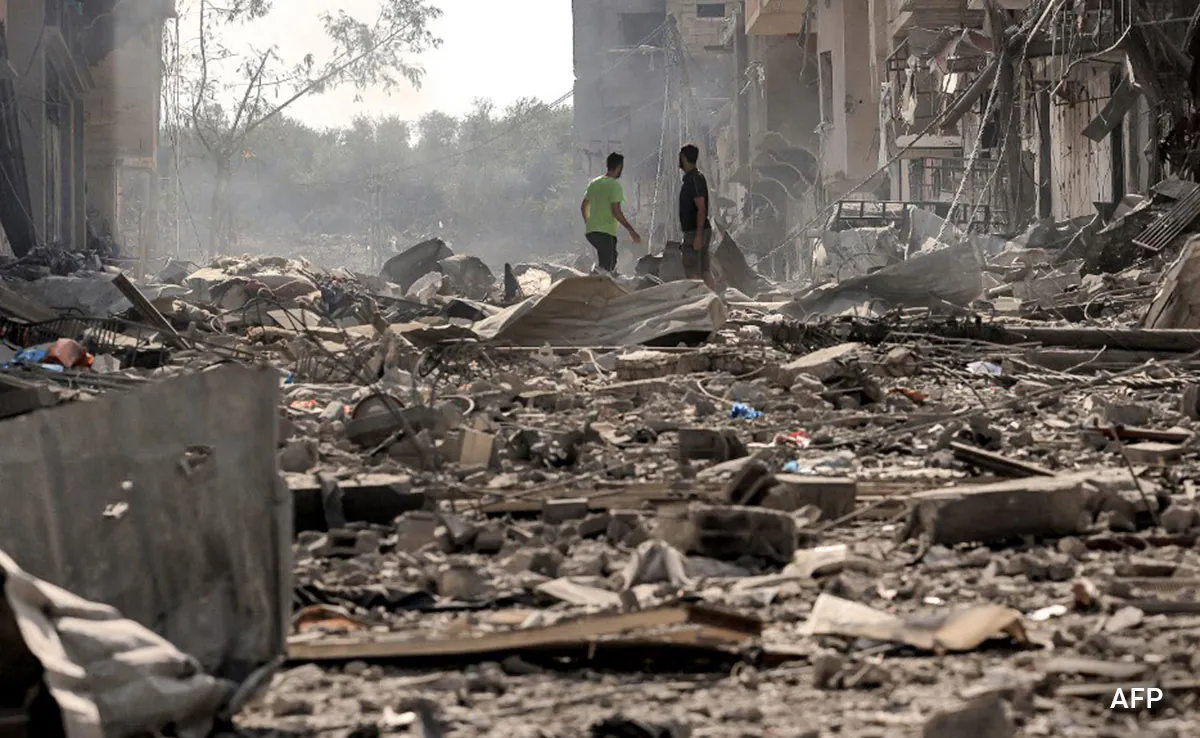
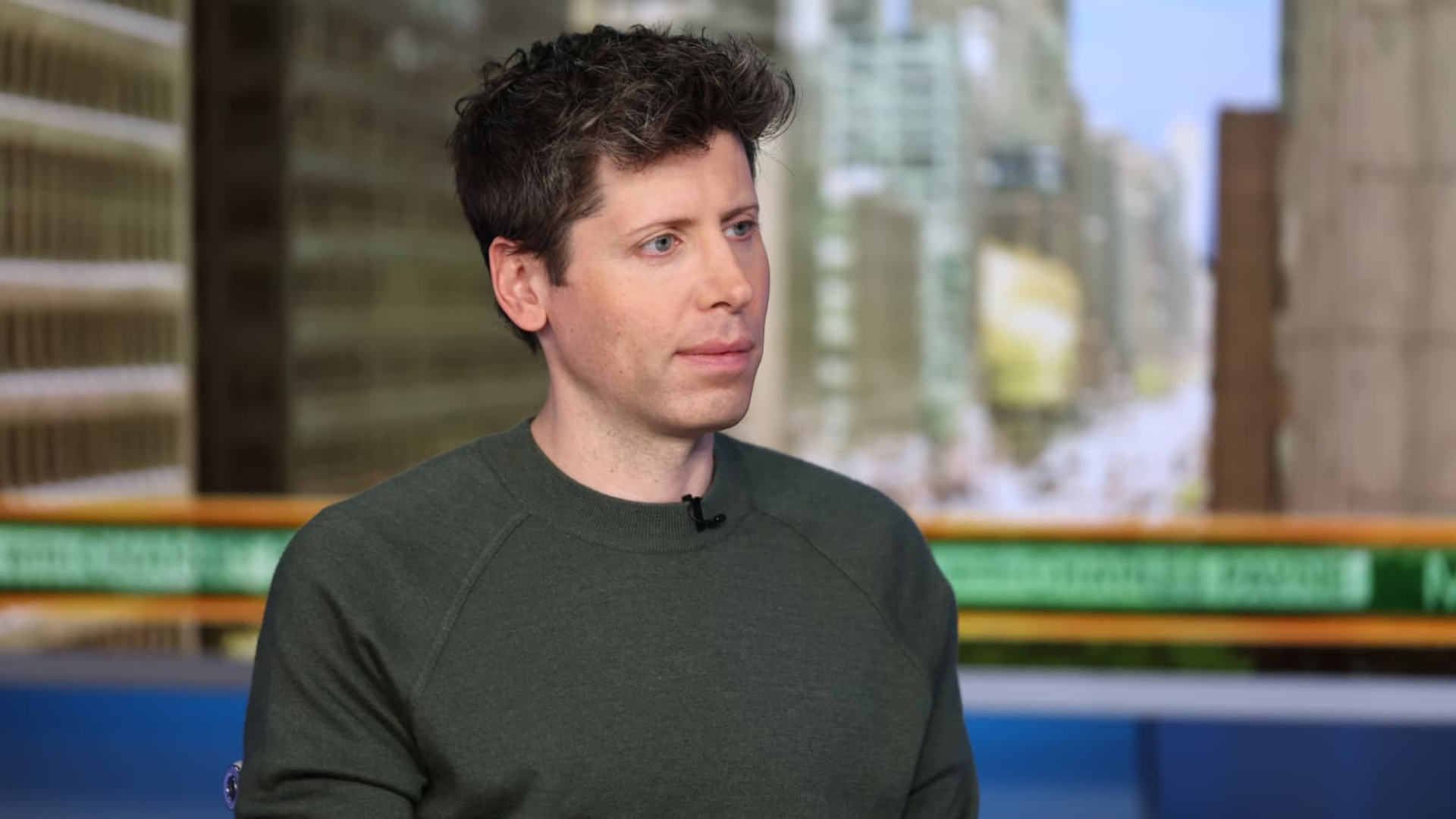
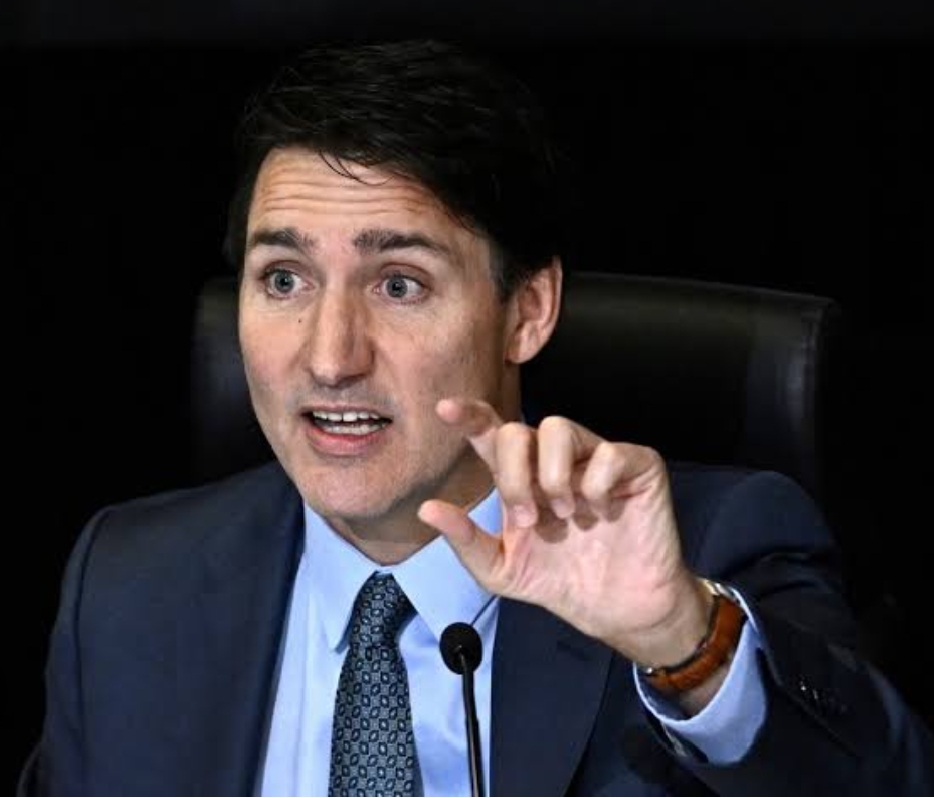
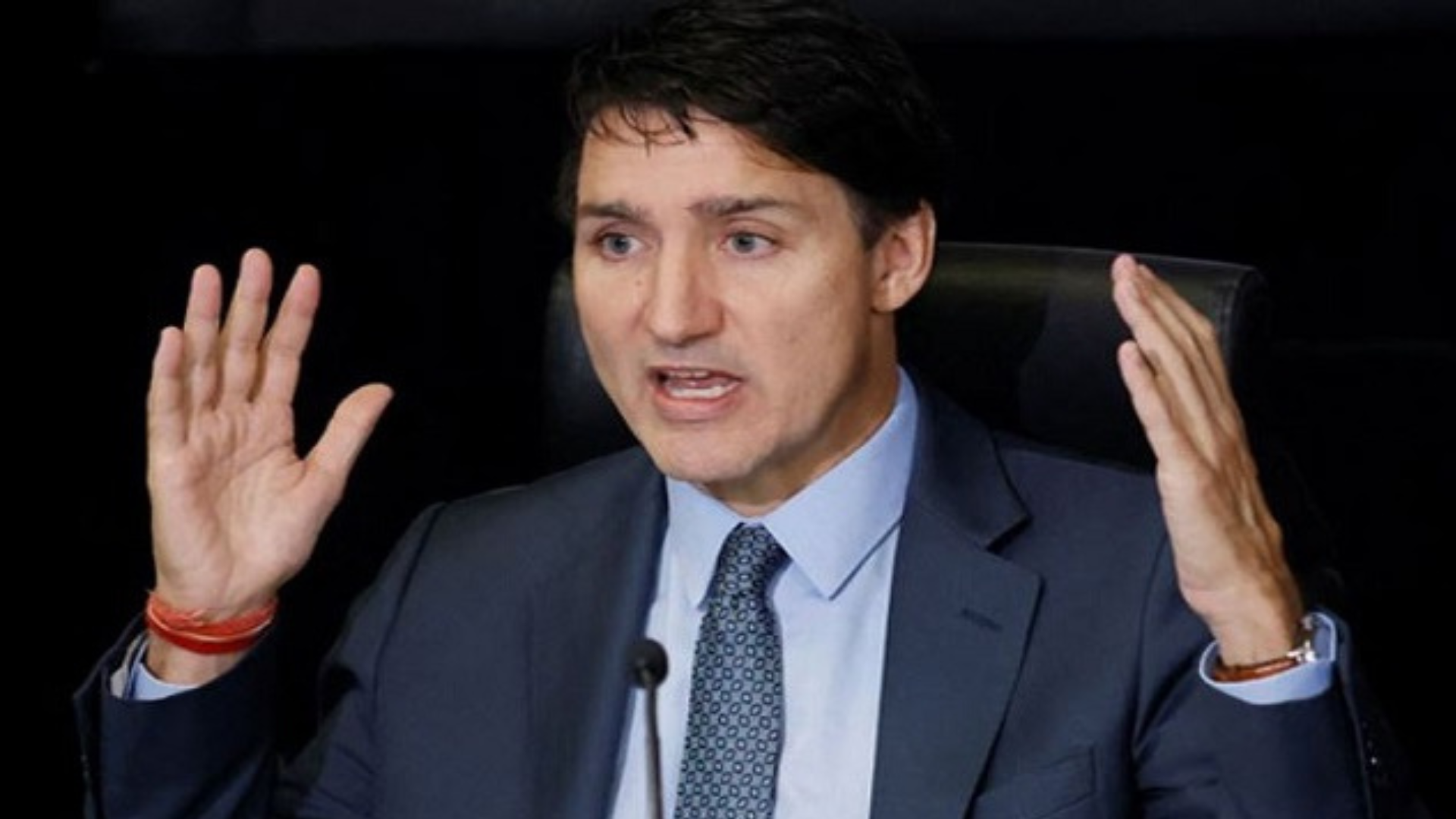
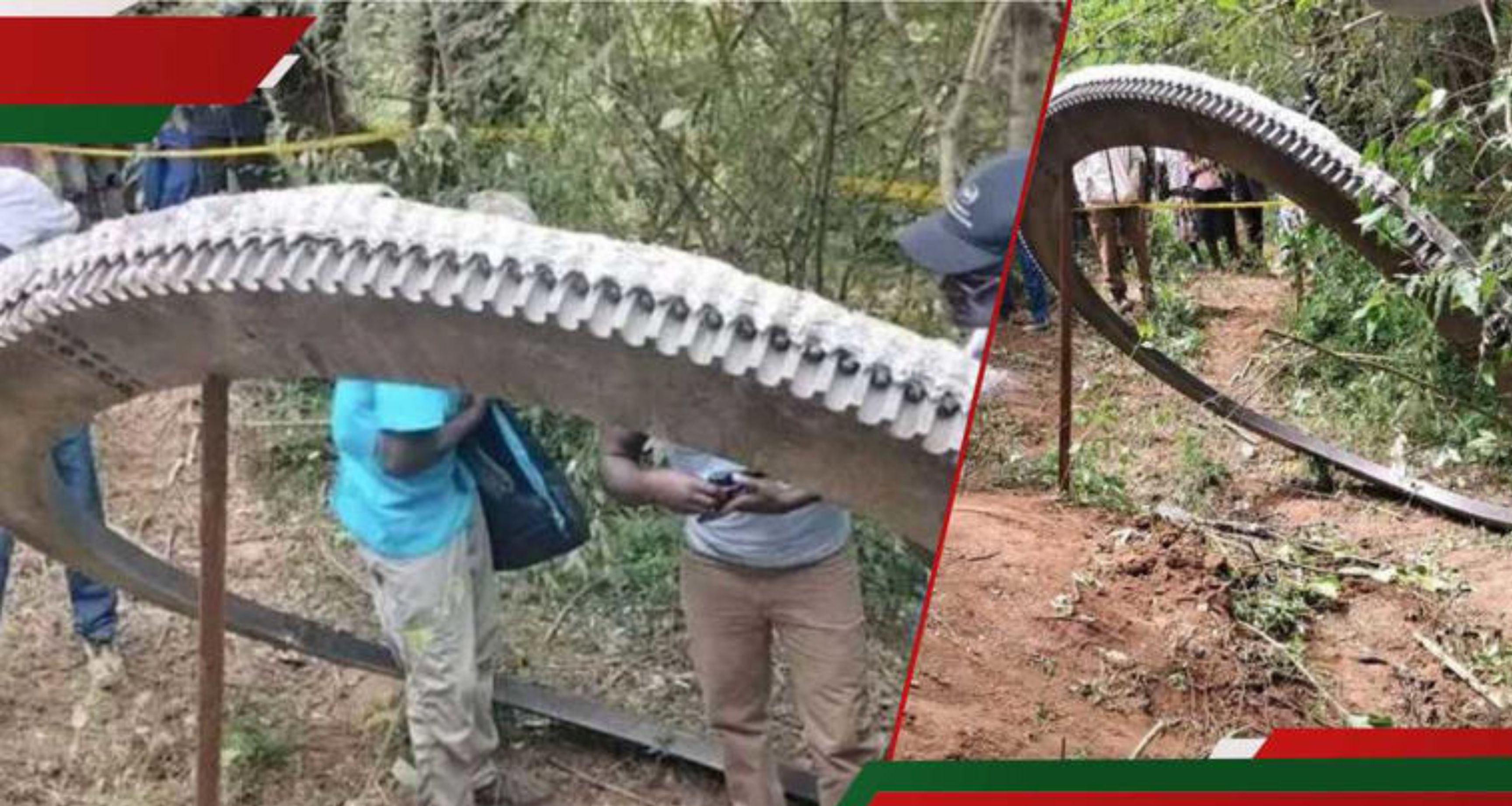
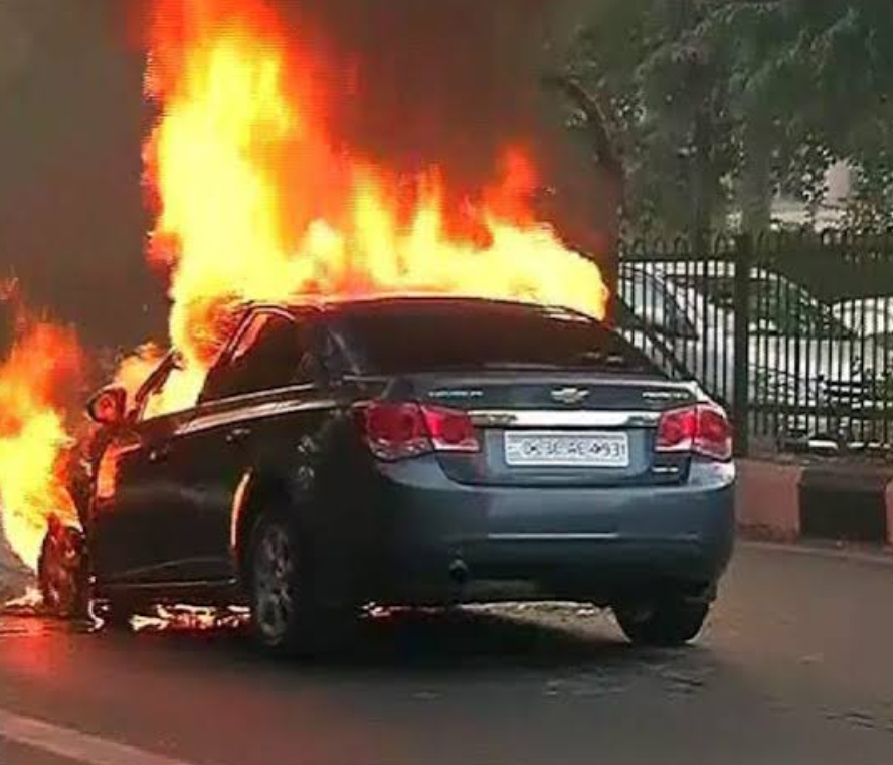
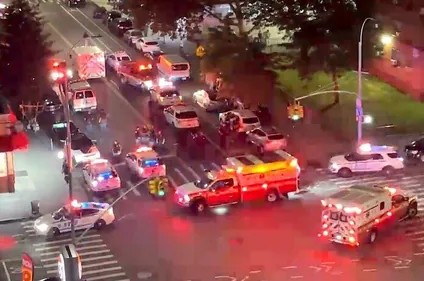
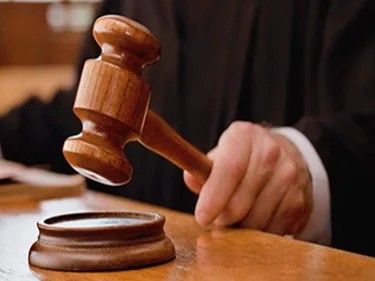
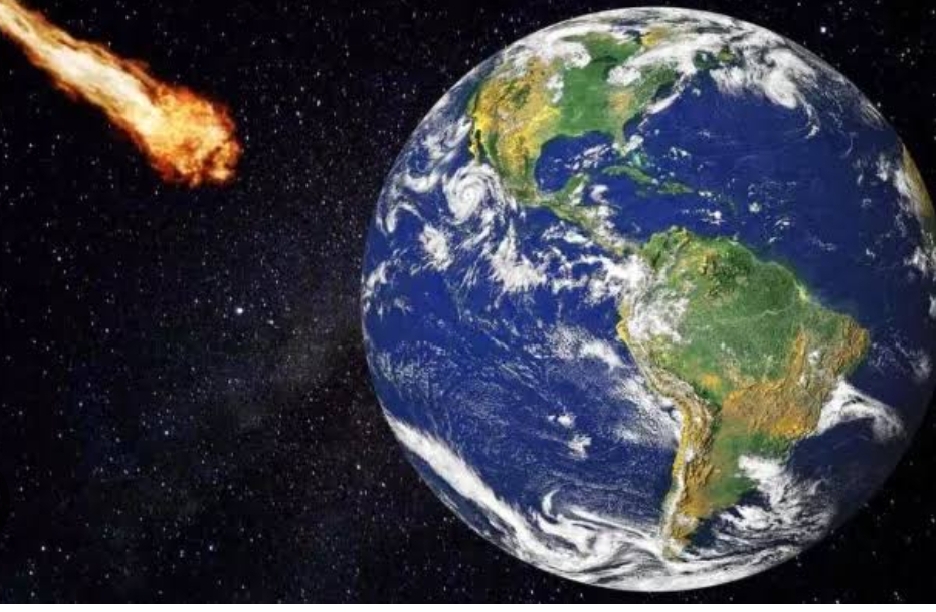
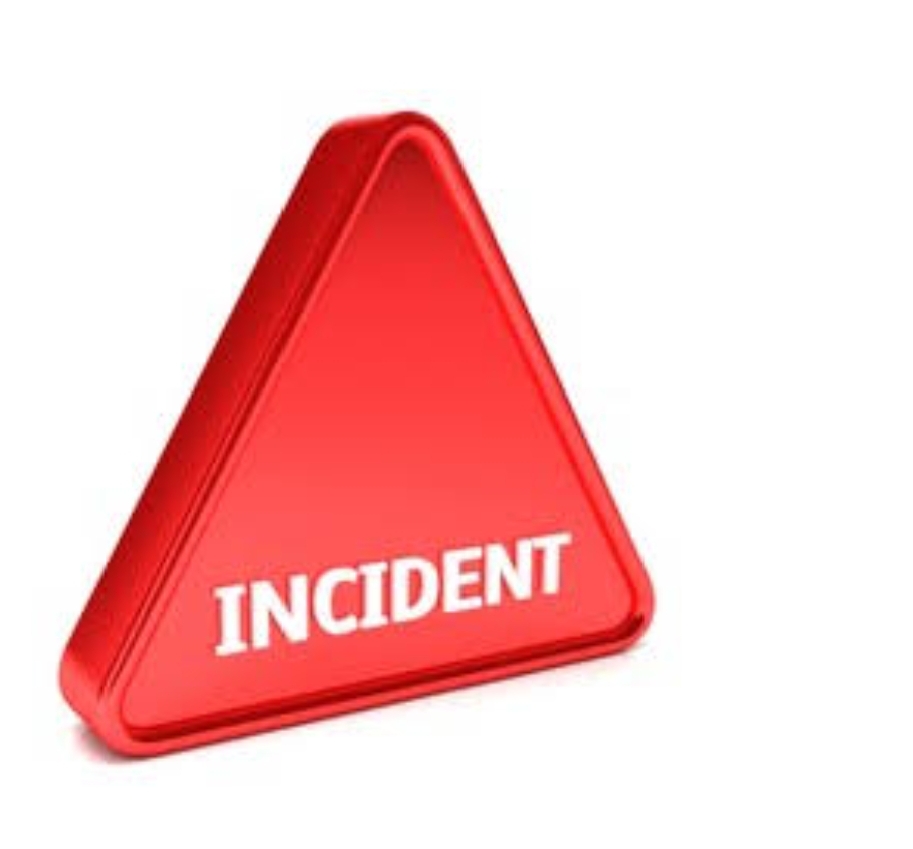
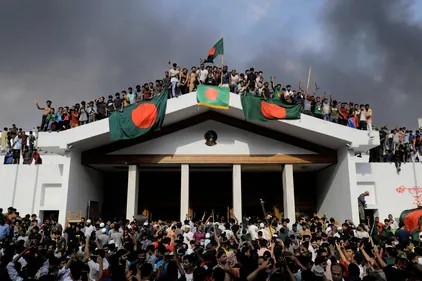


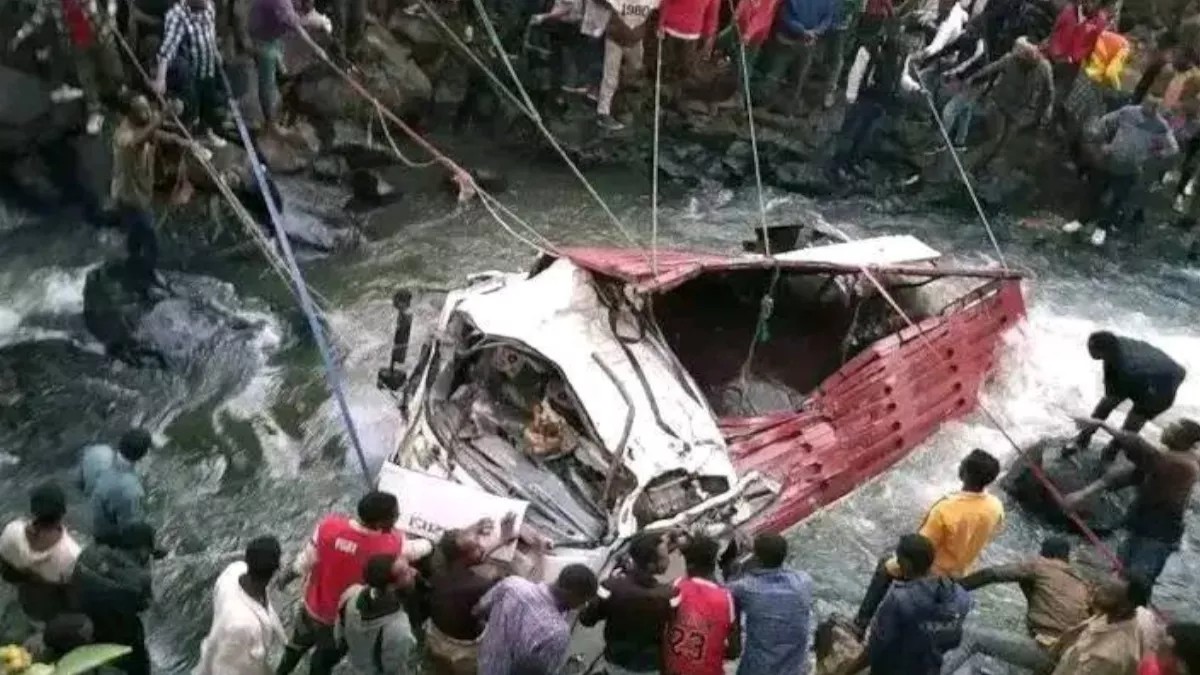
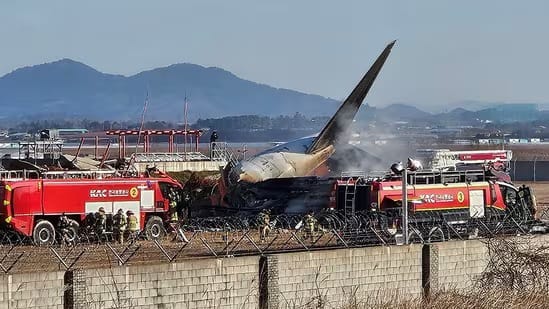
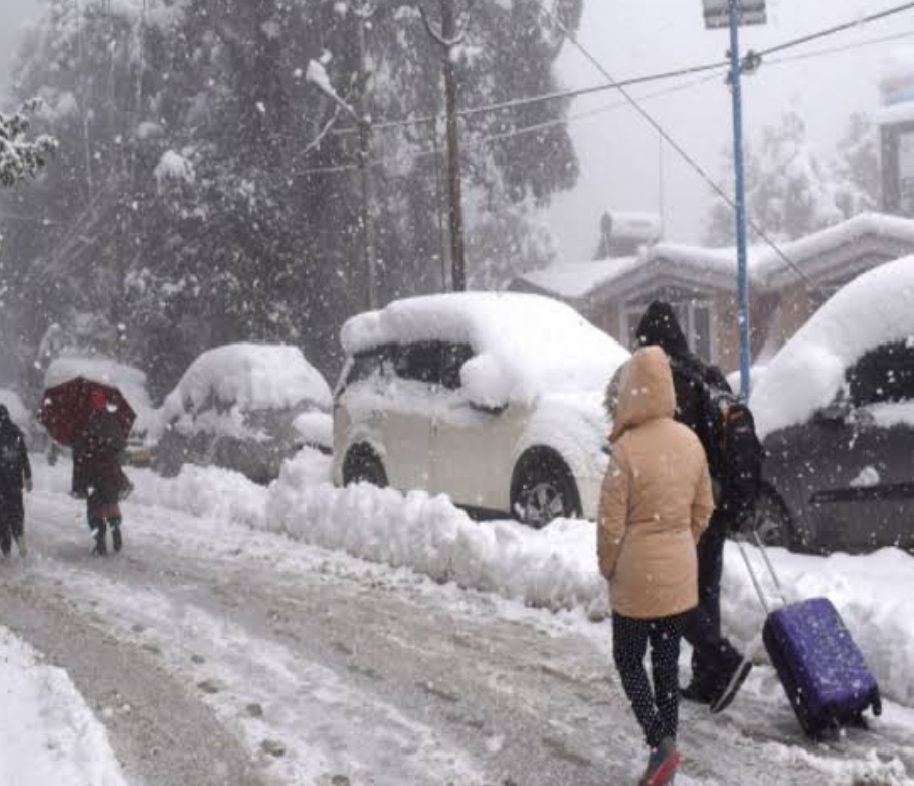
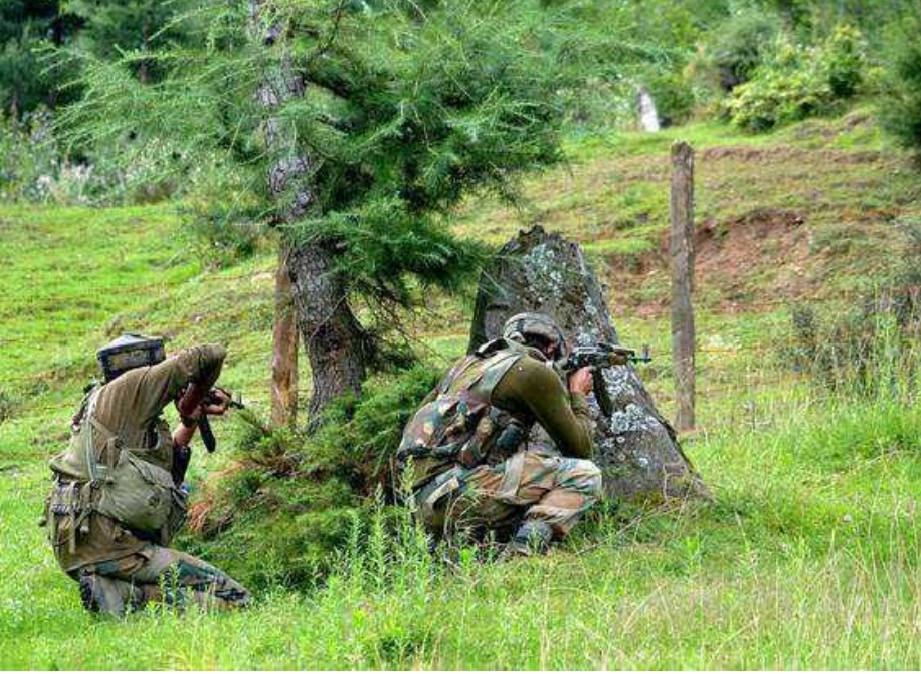


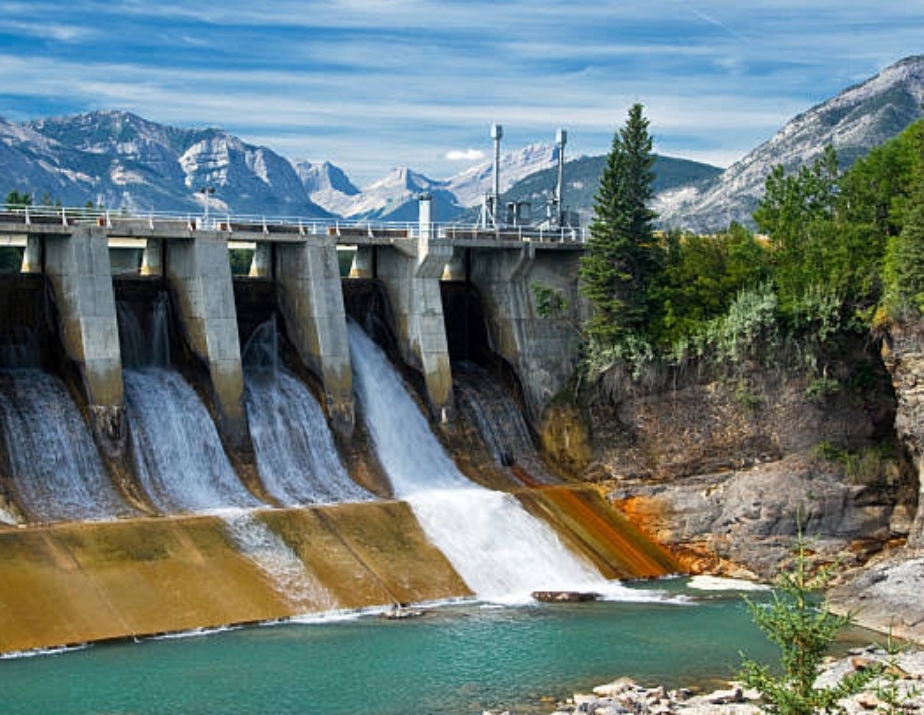
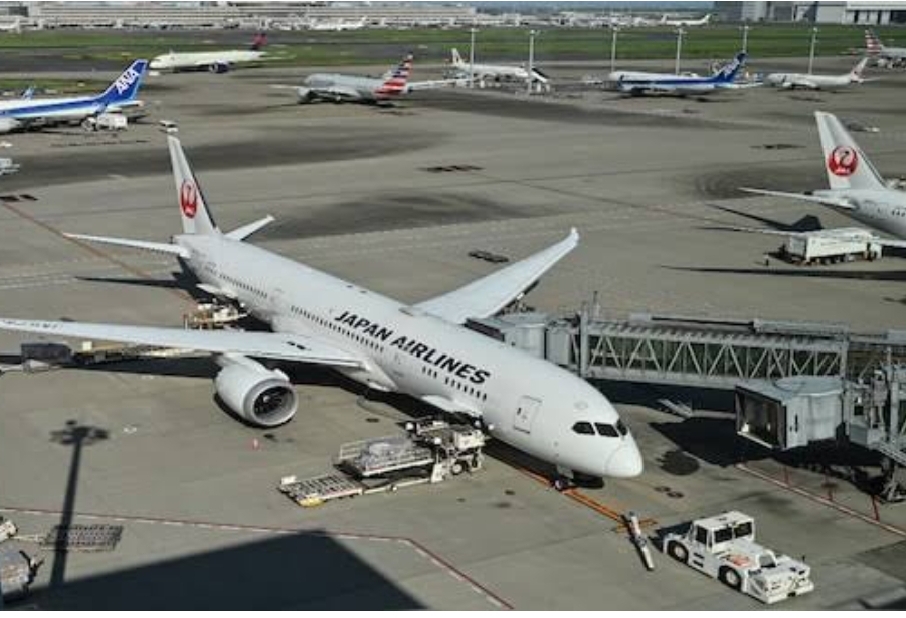
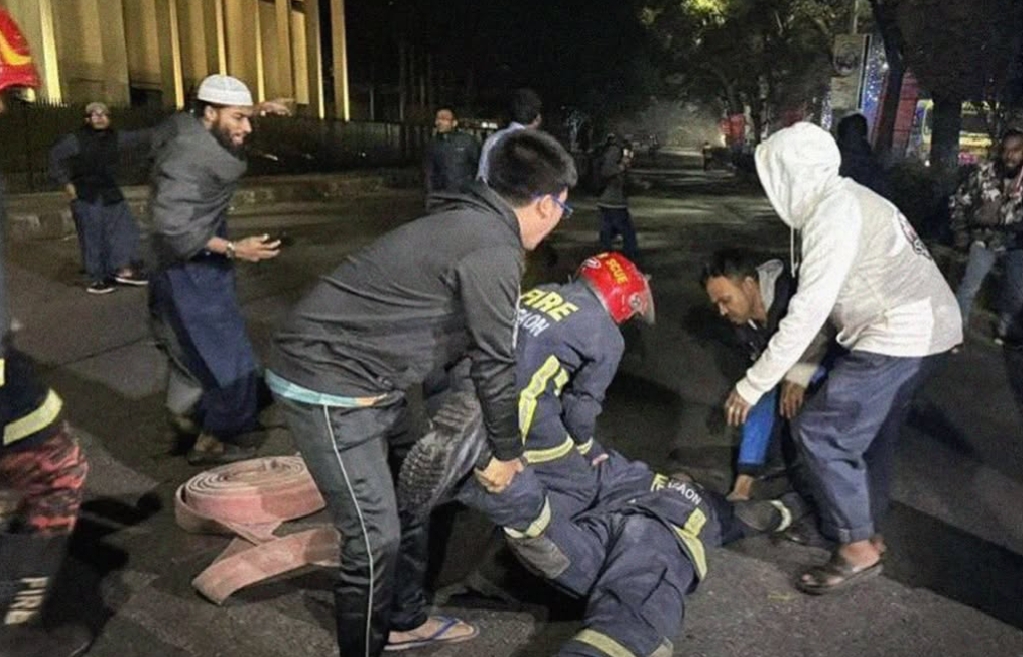
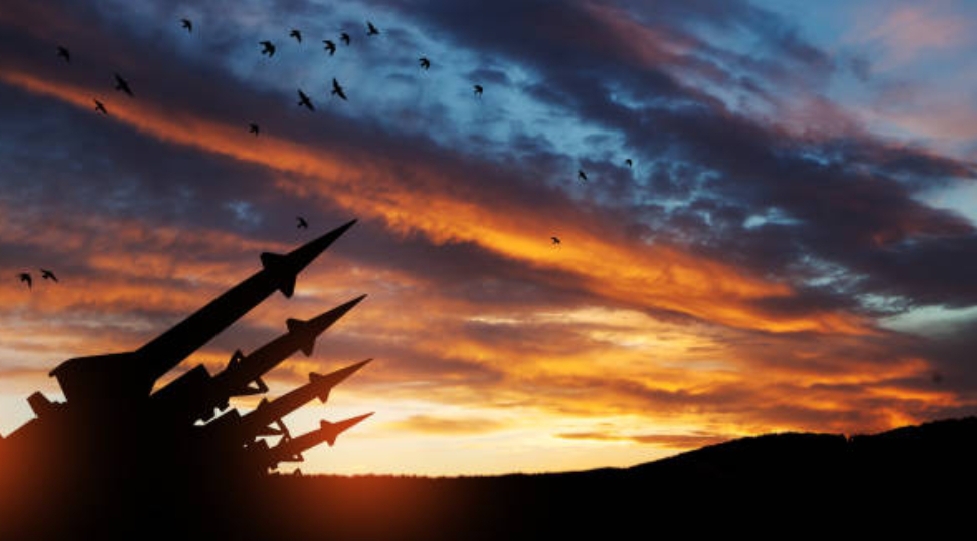
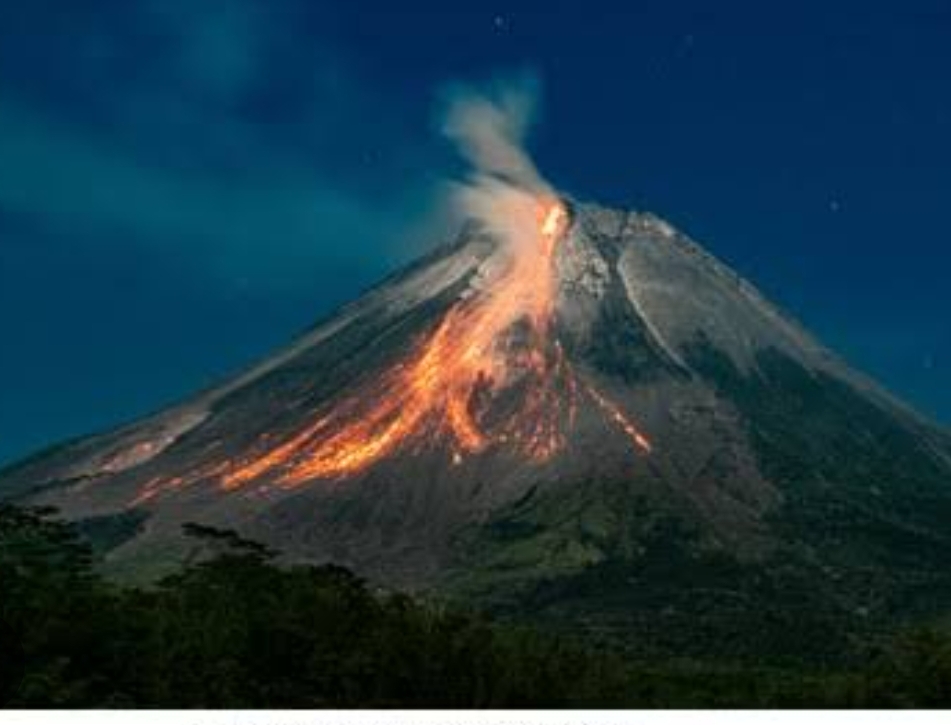

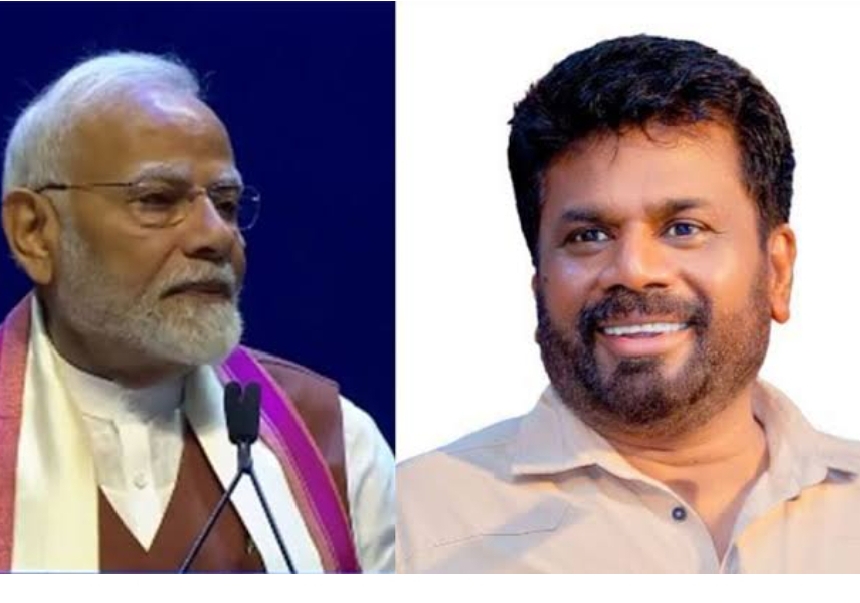
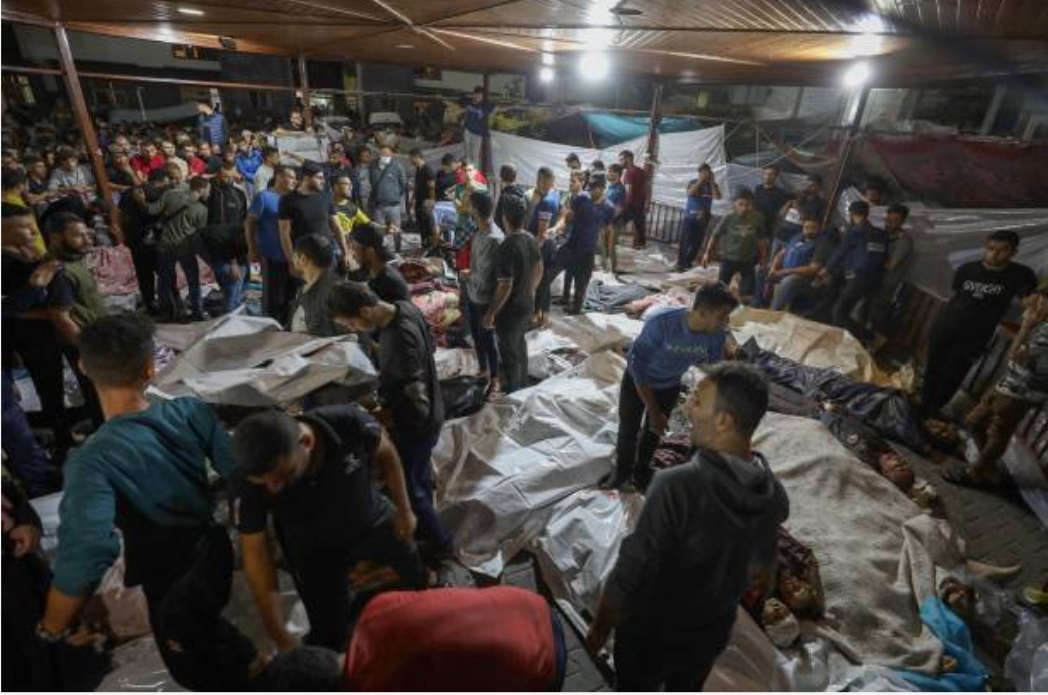
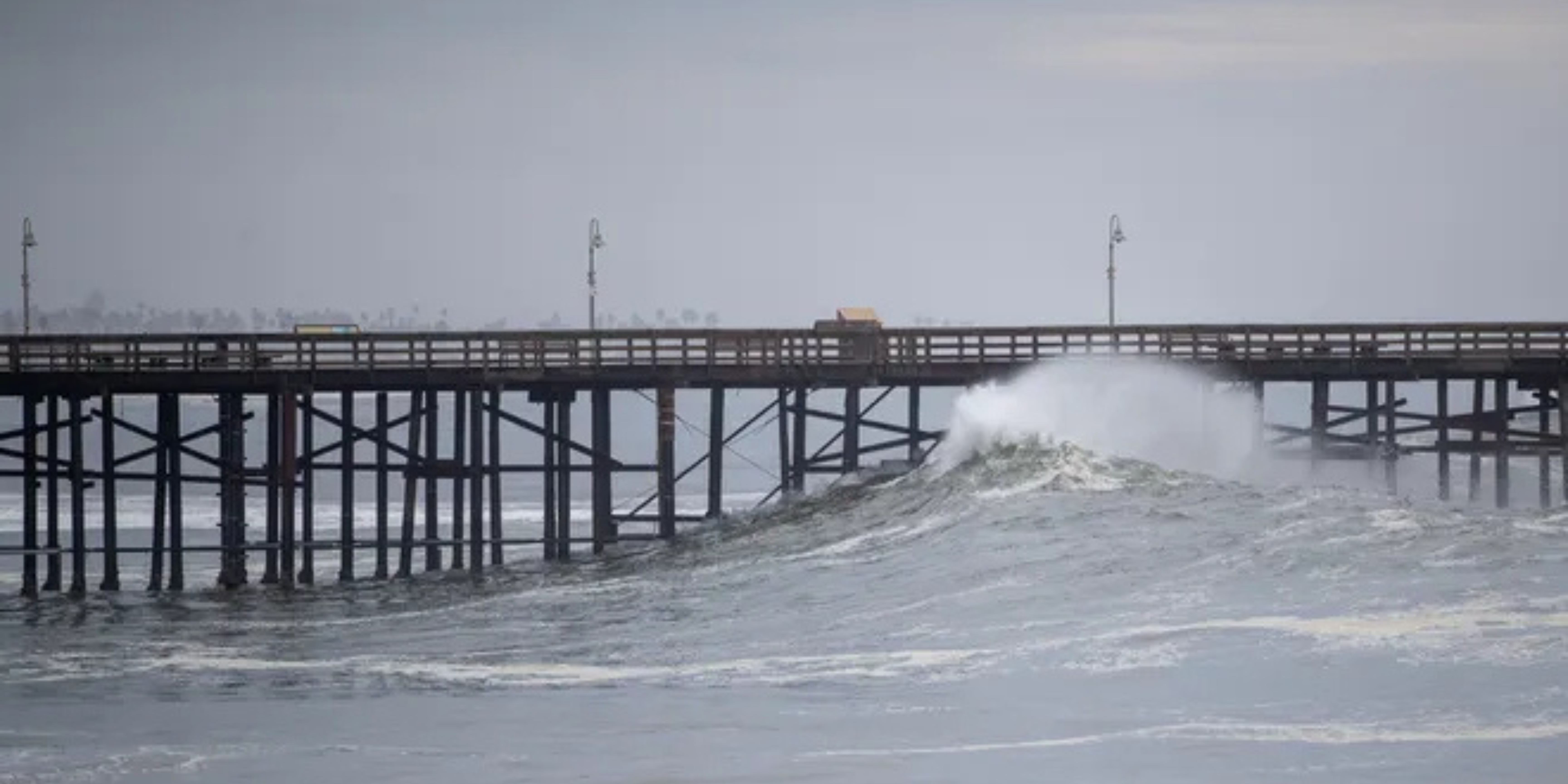



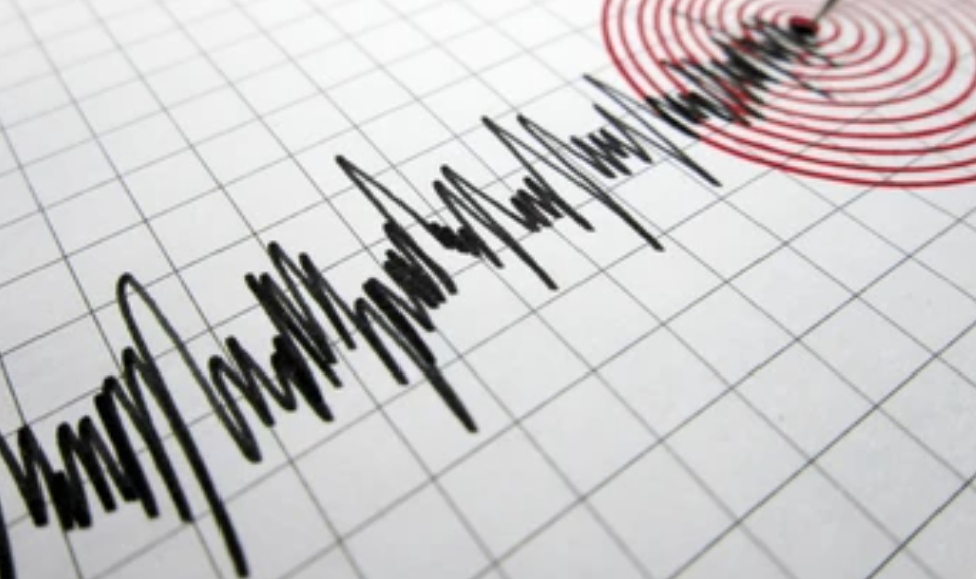
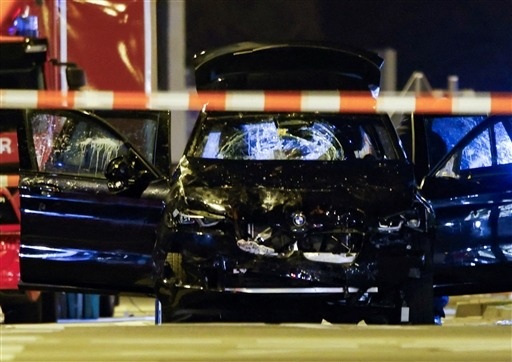
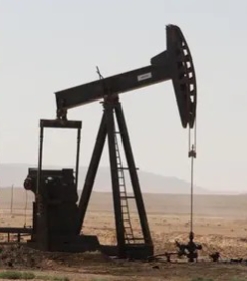

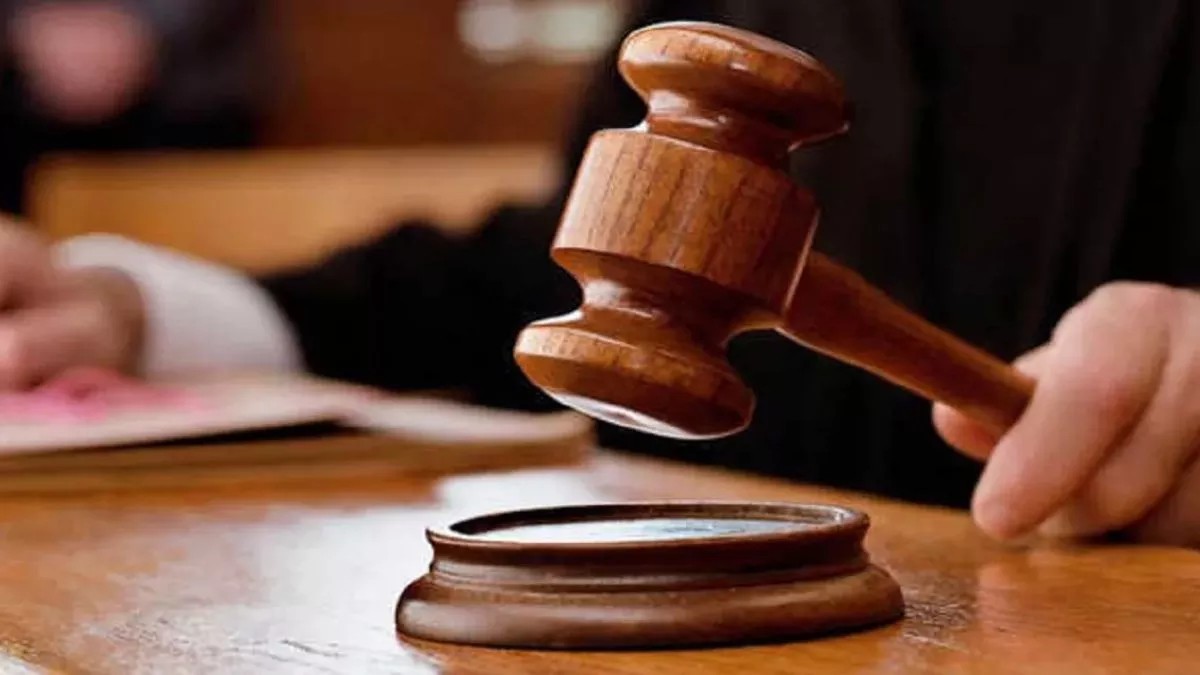
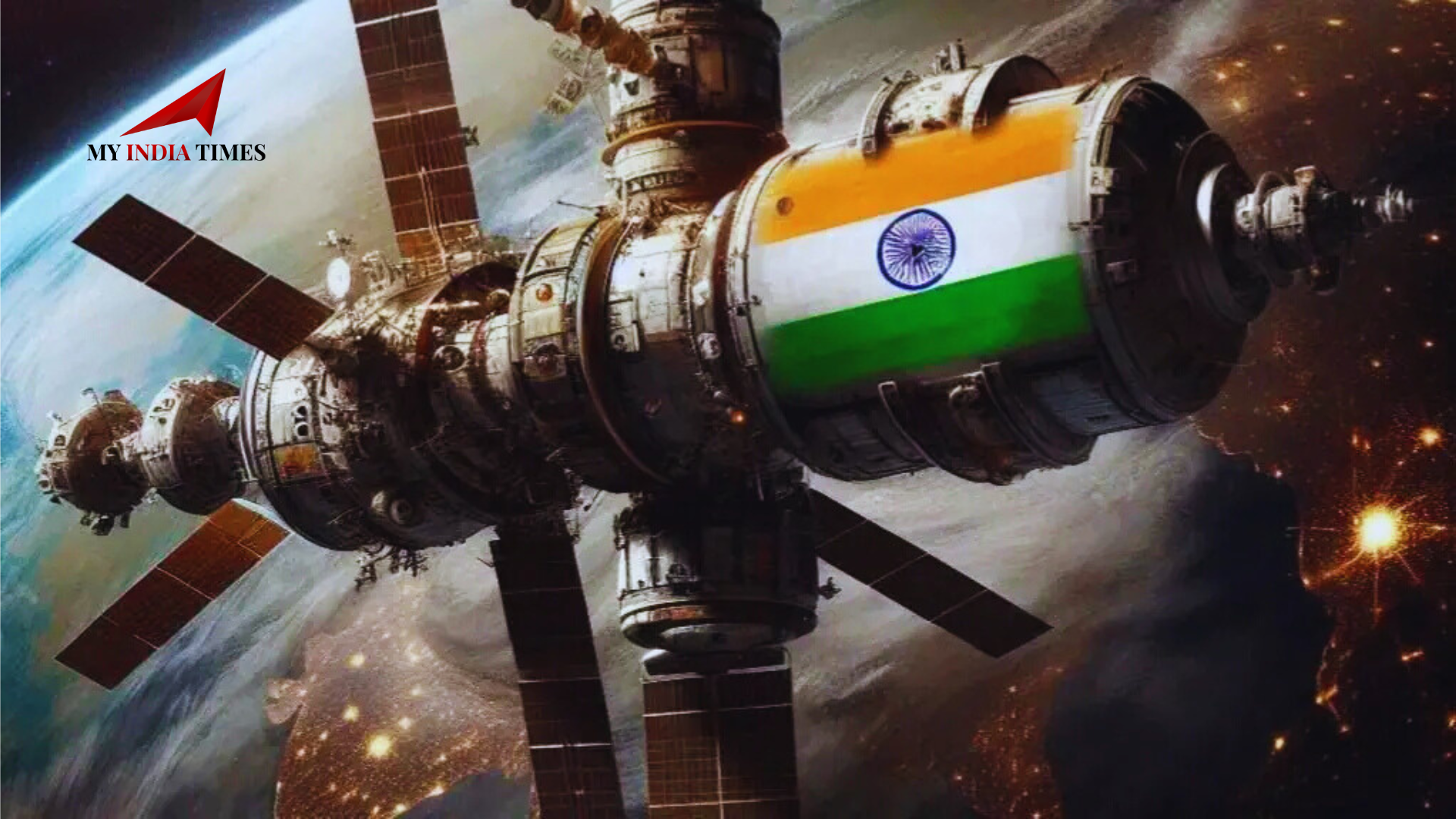


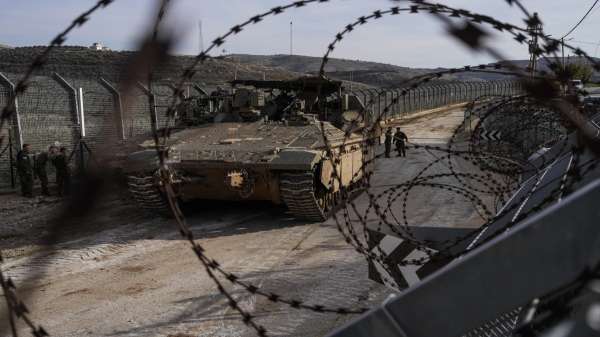
.png)
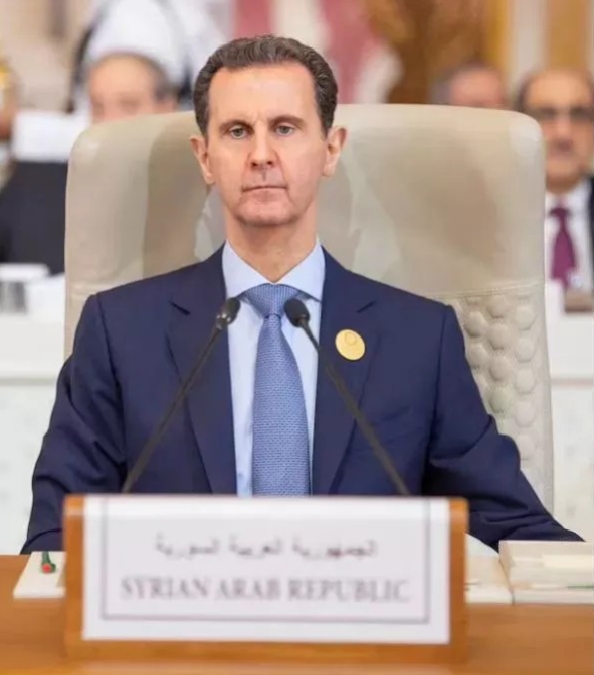
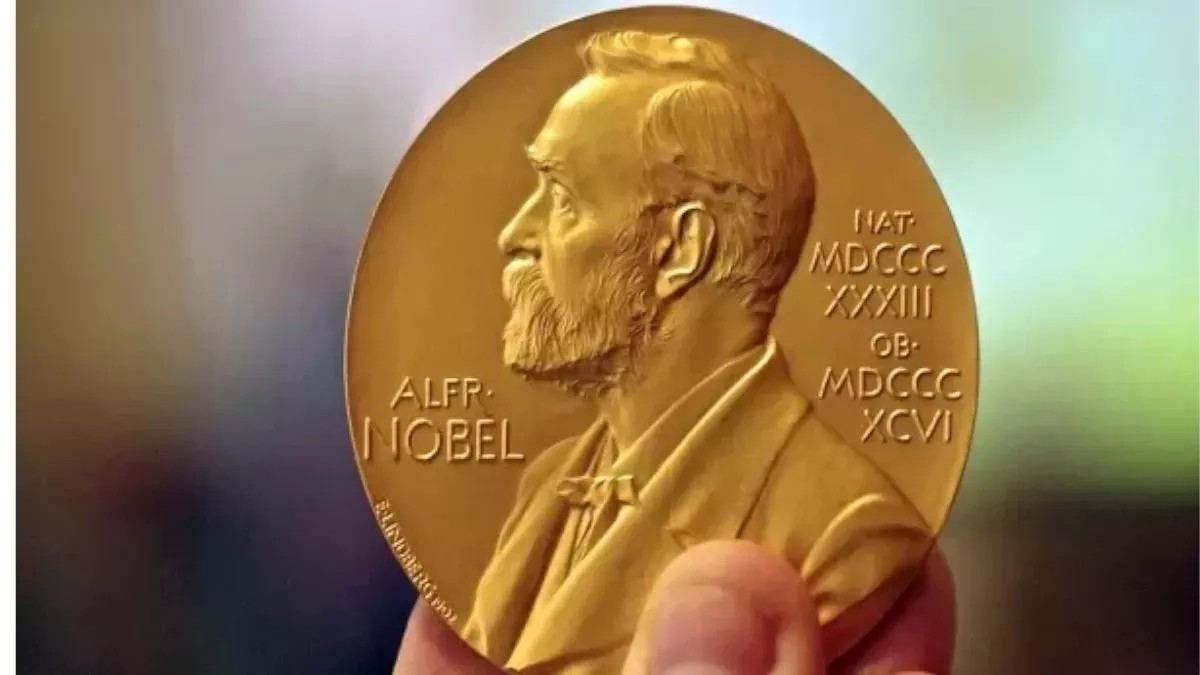
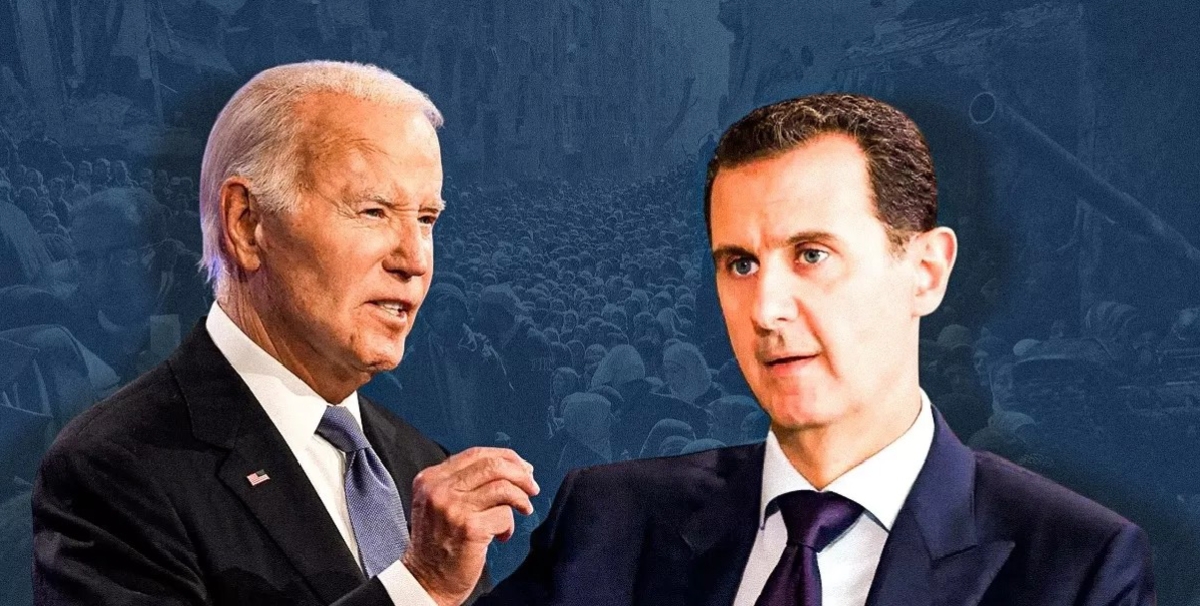

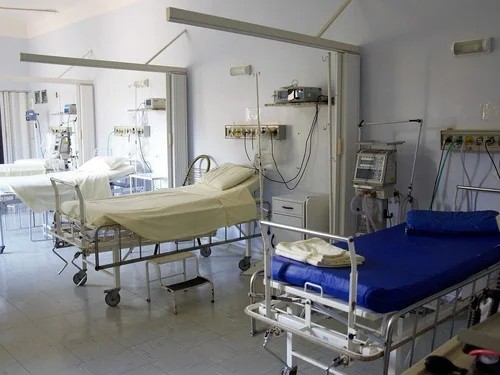



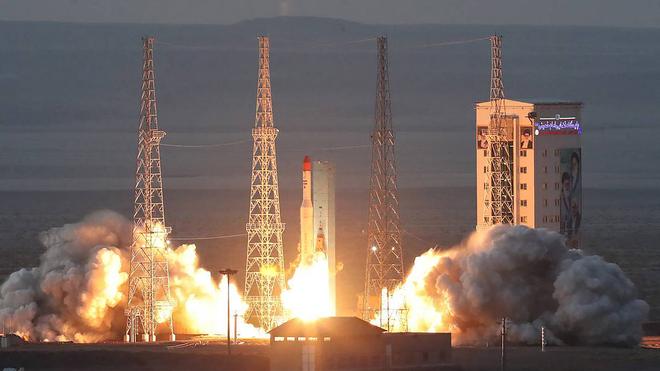
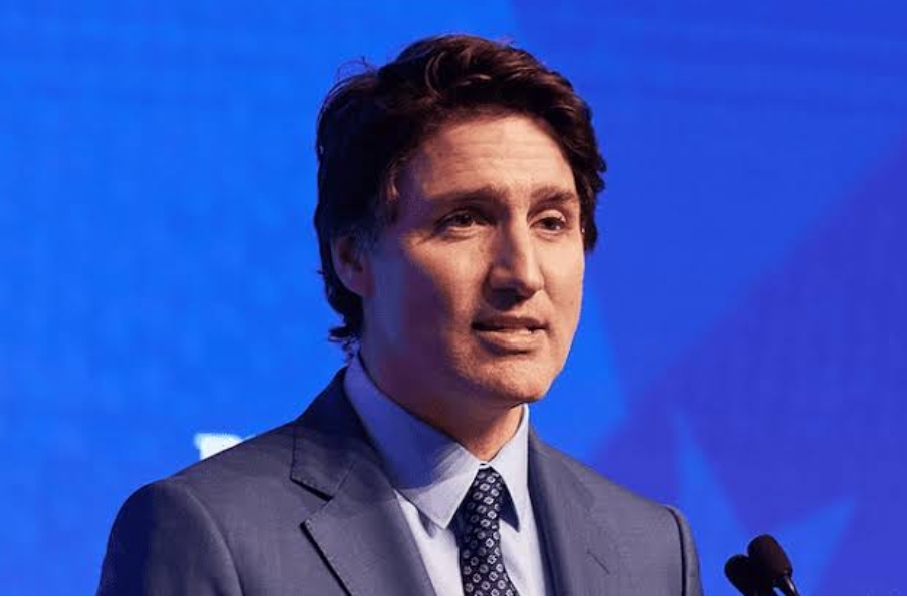
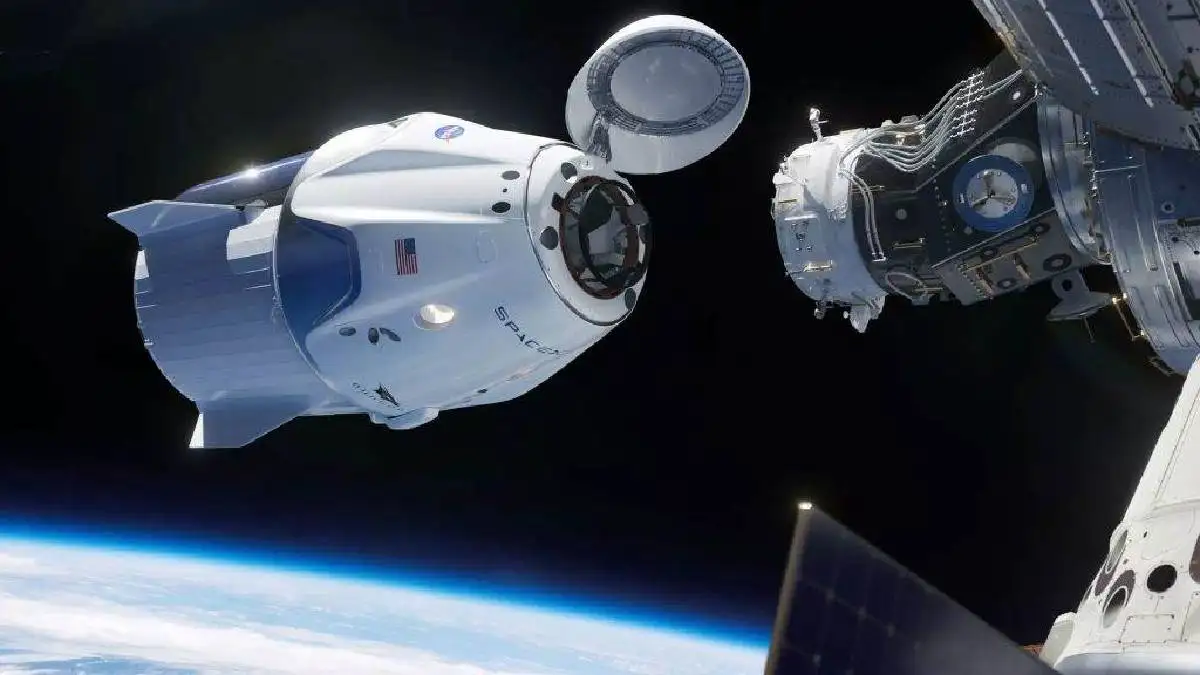
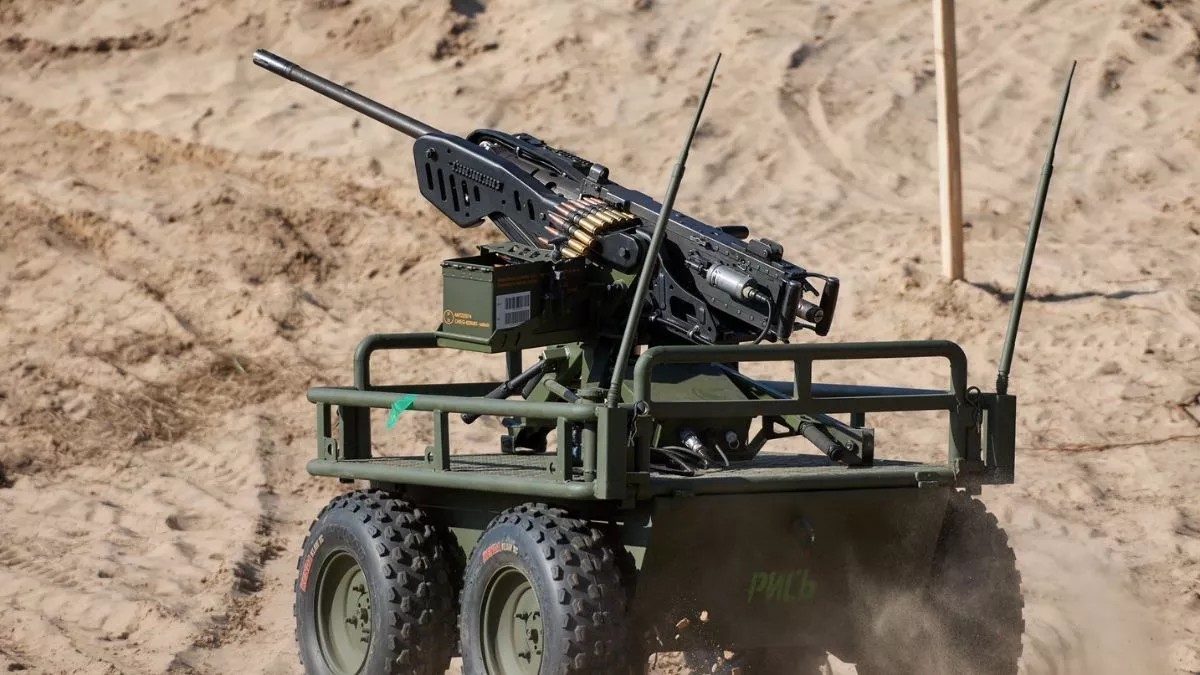
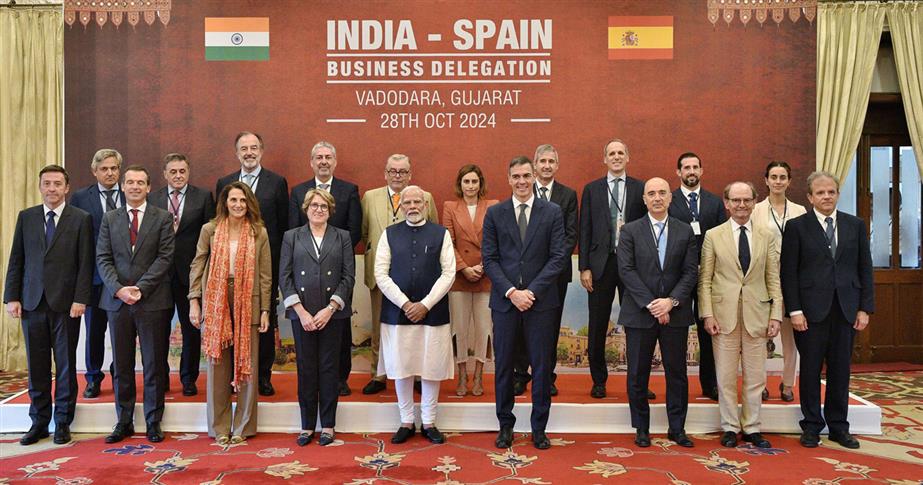
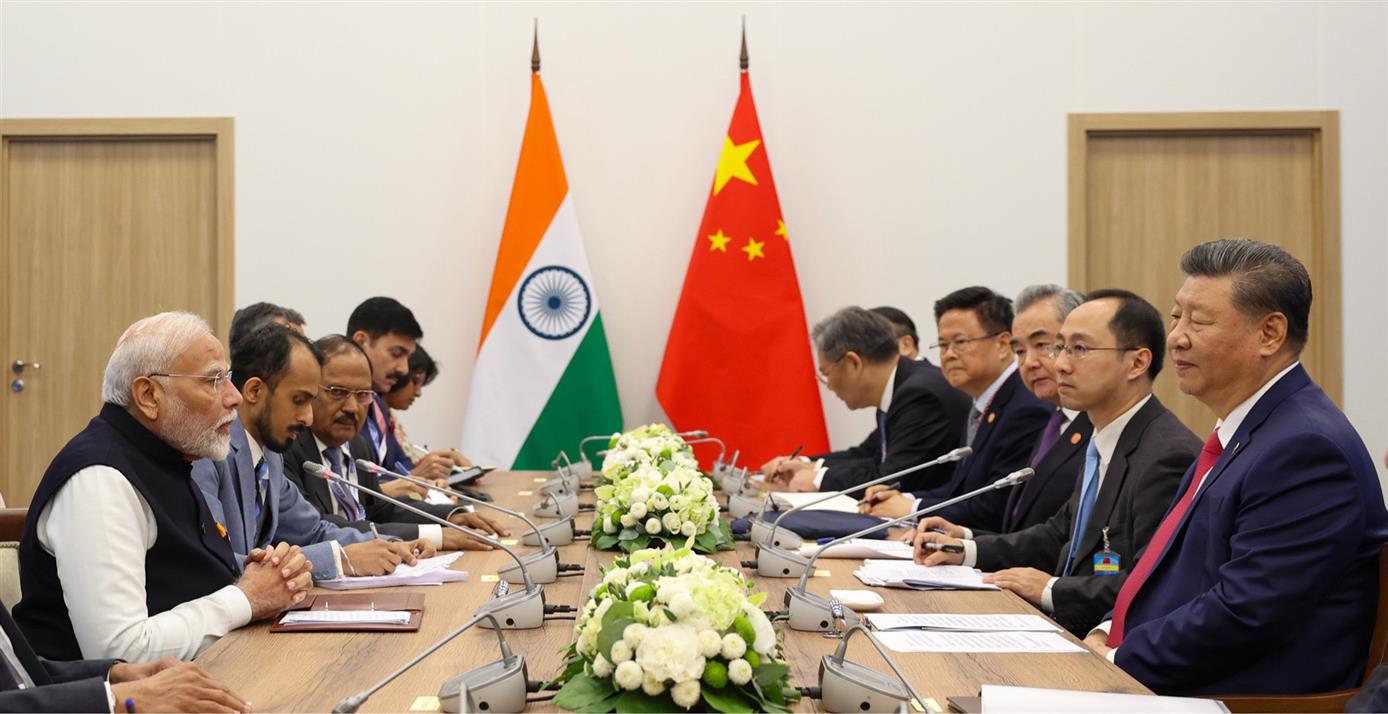
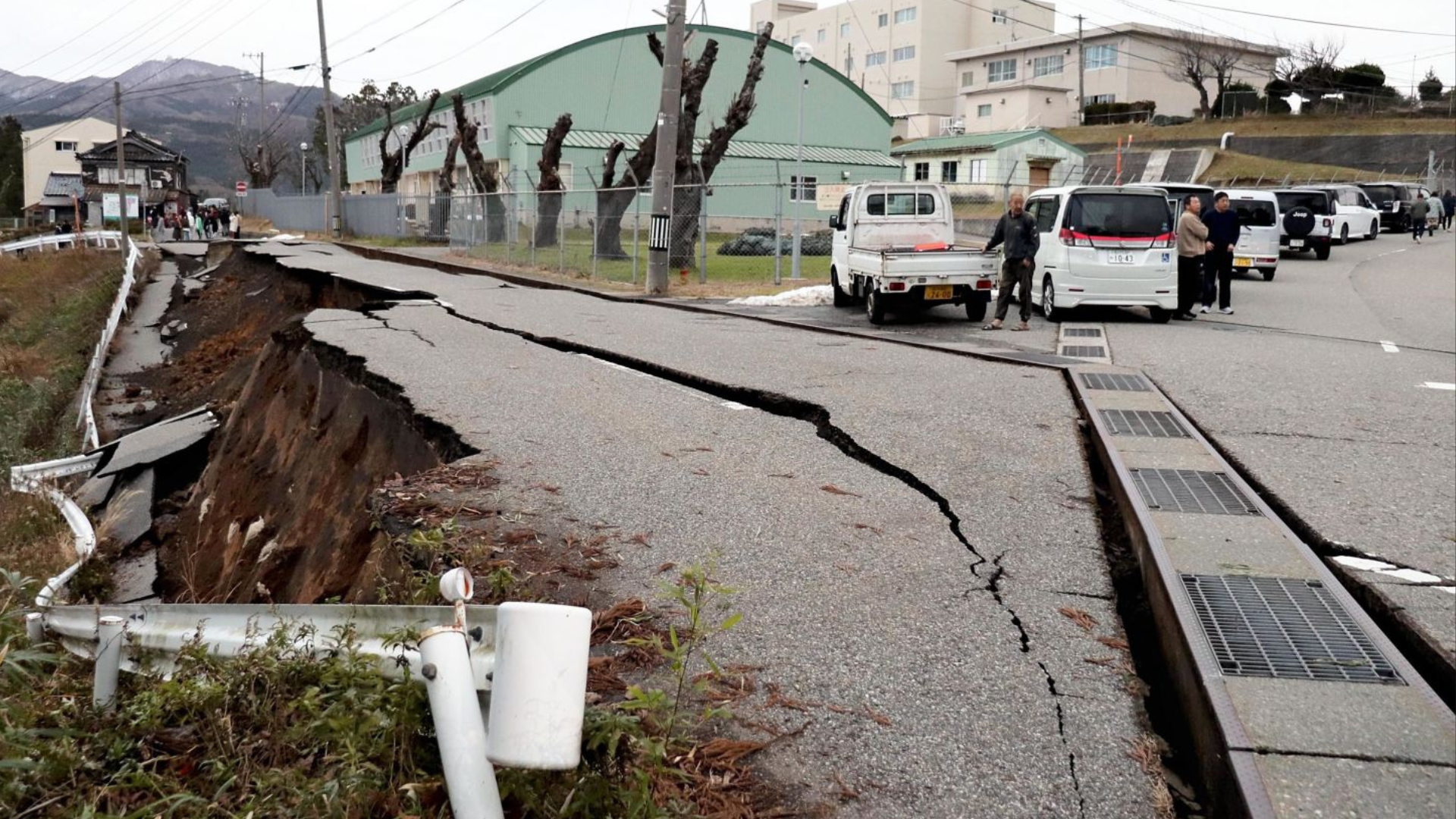
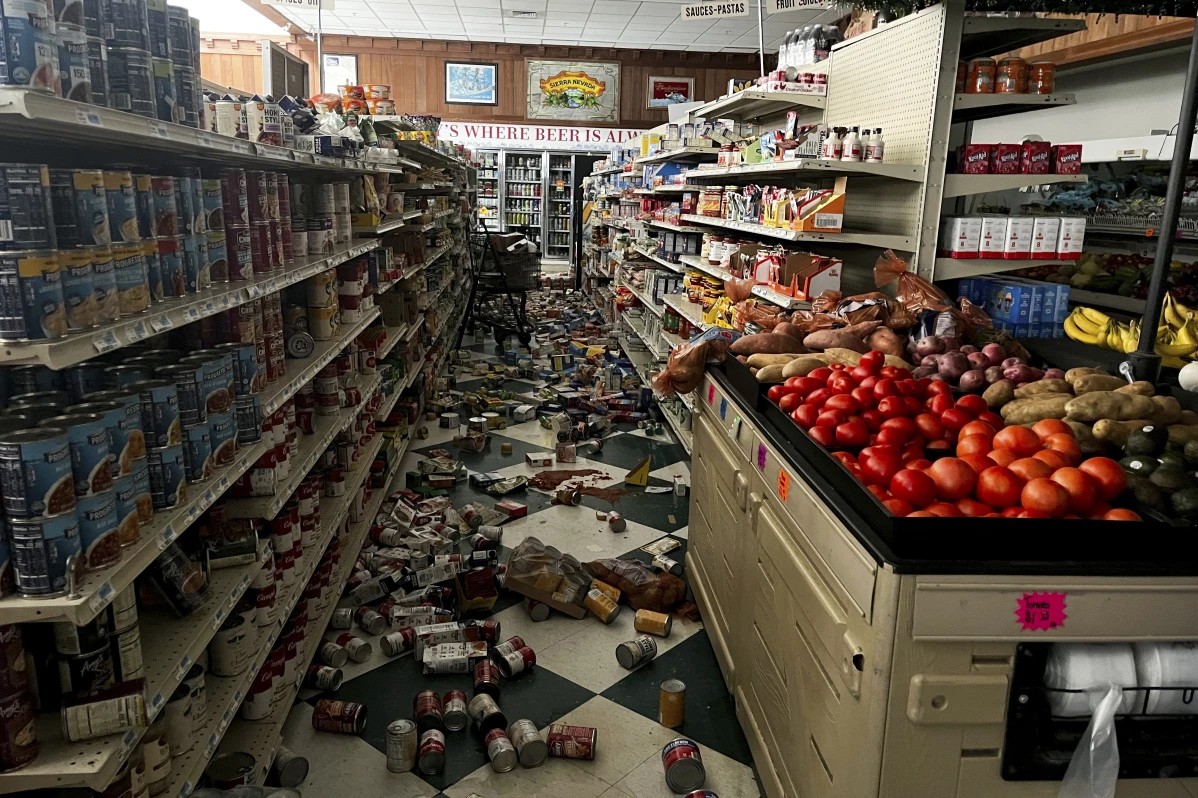
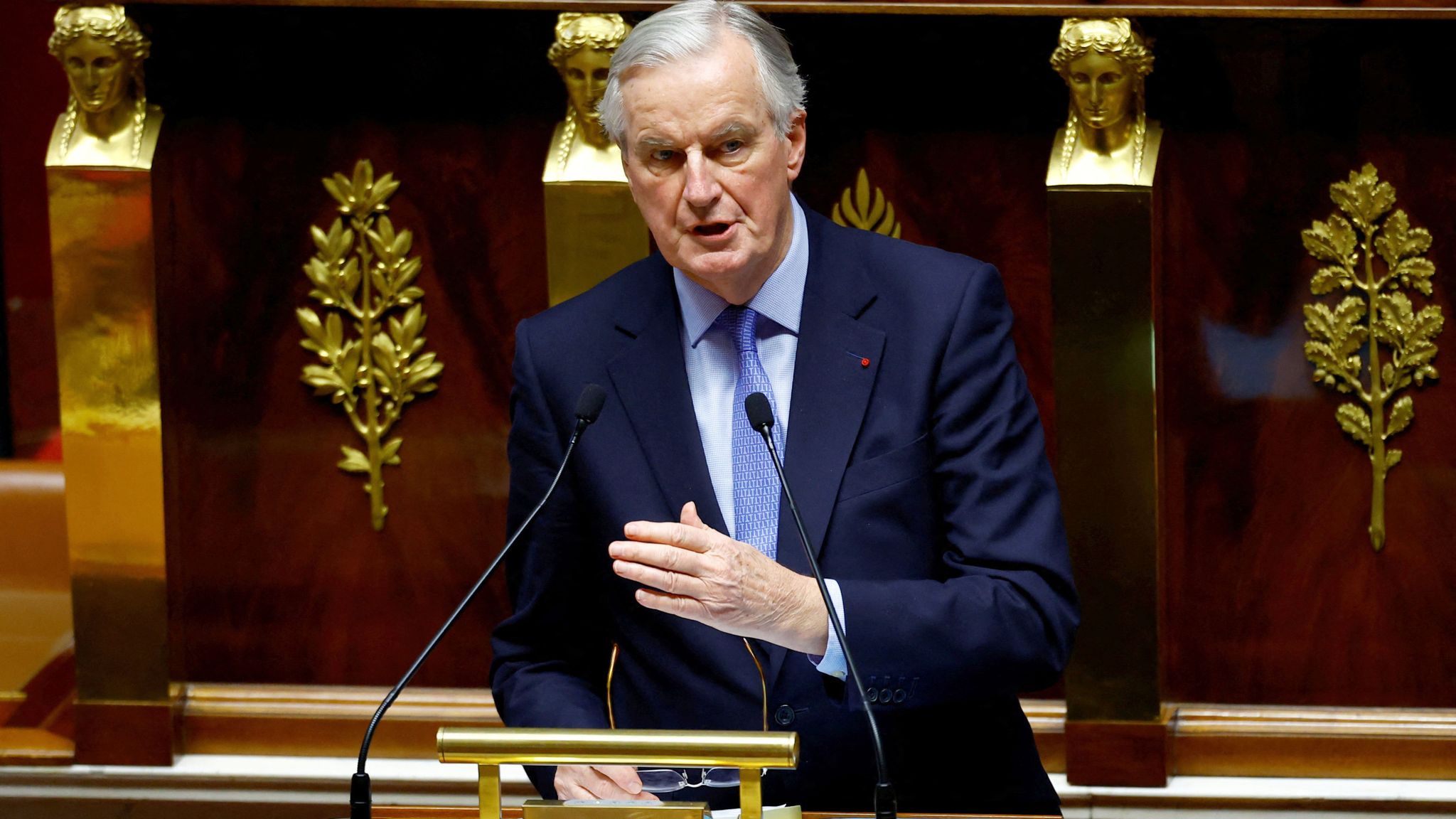
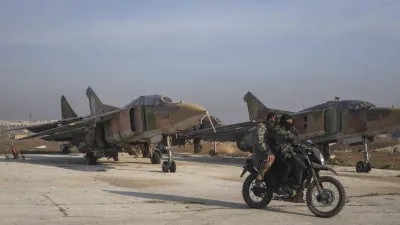
.png)

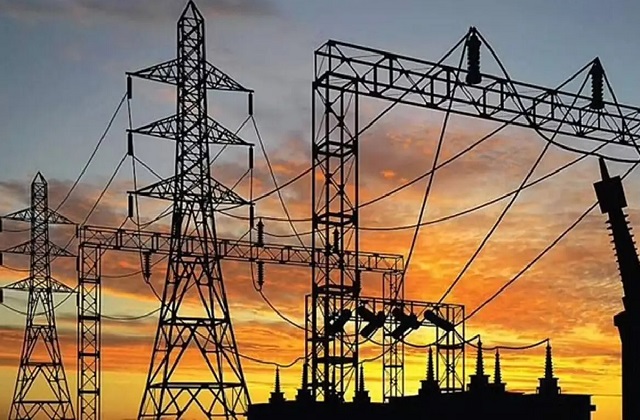
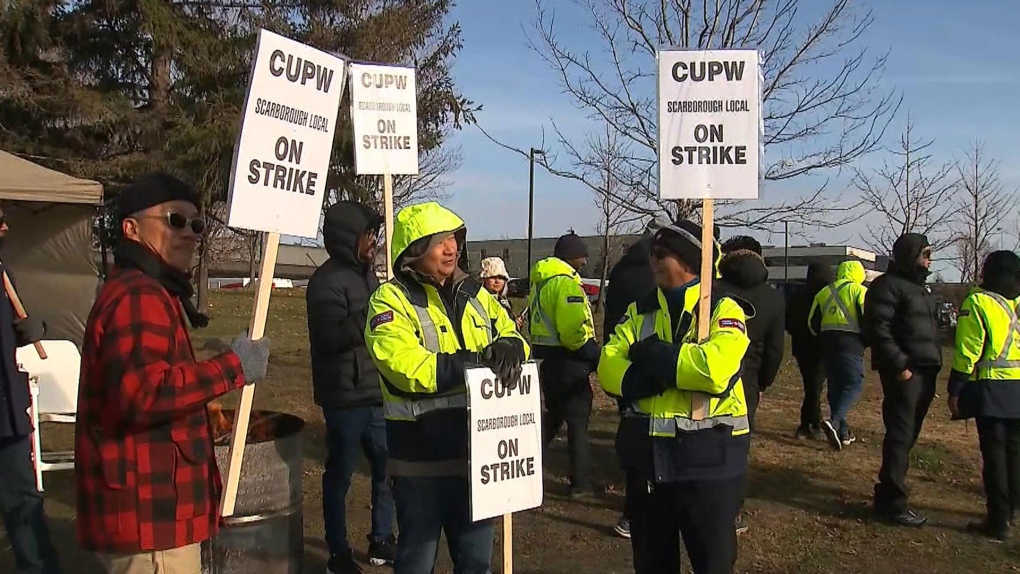
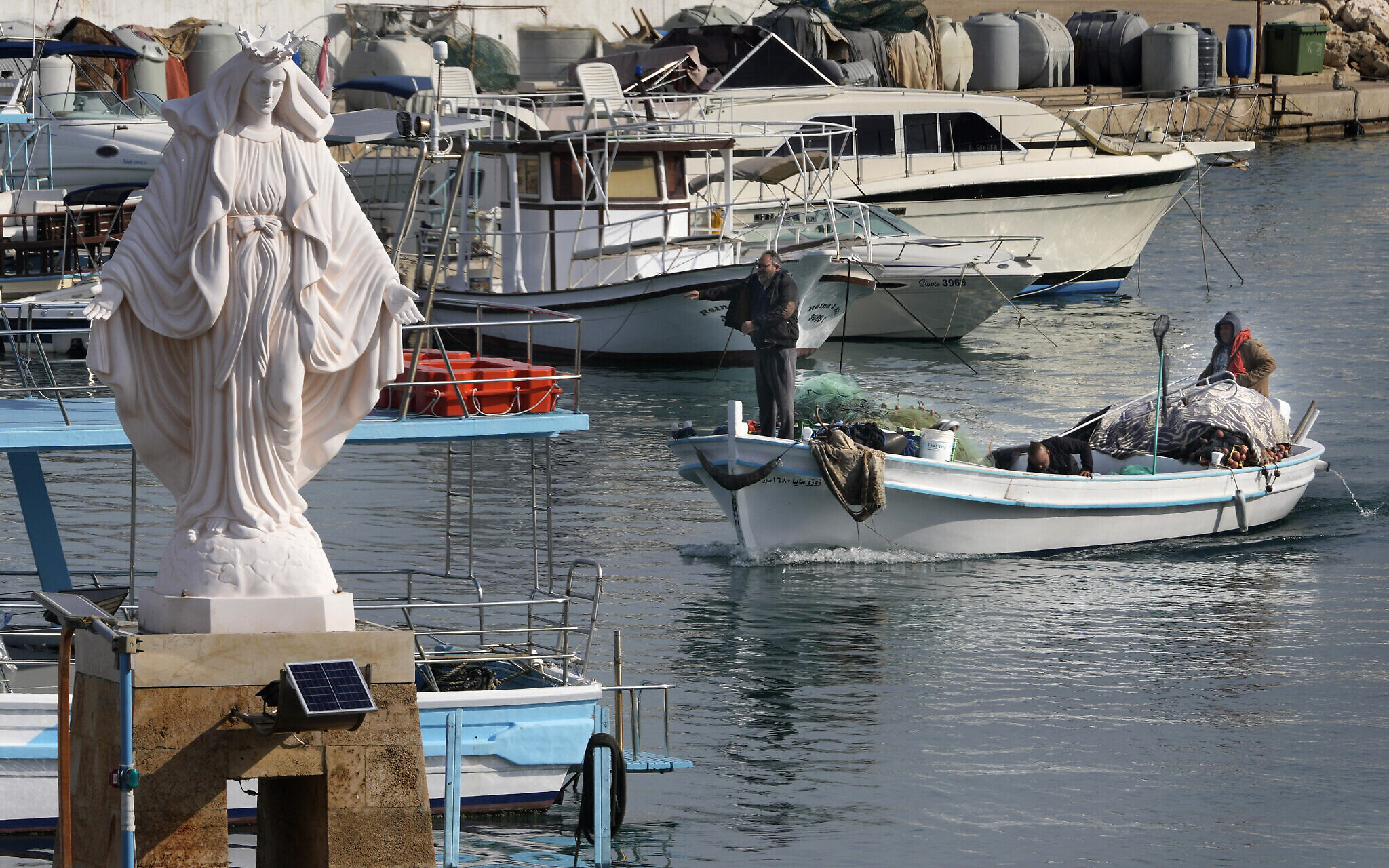
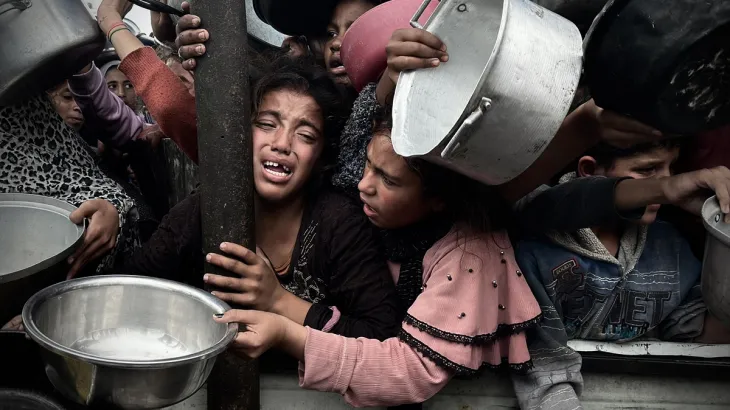
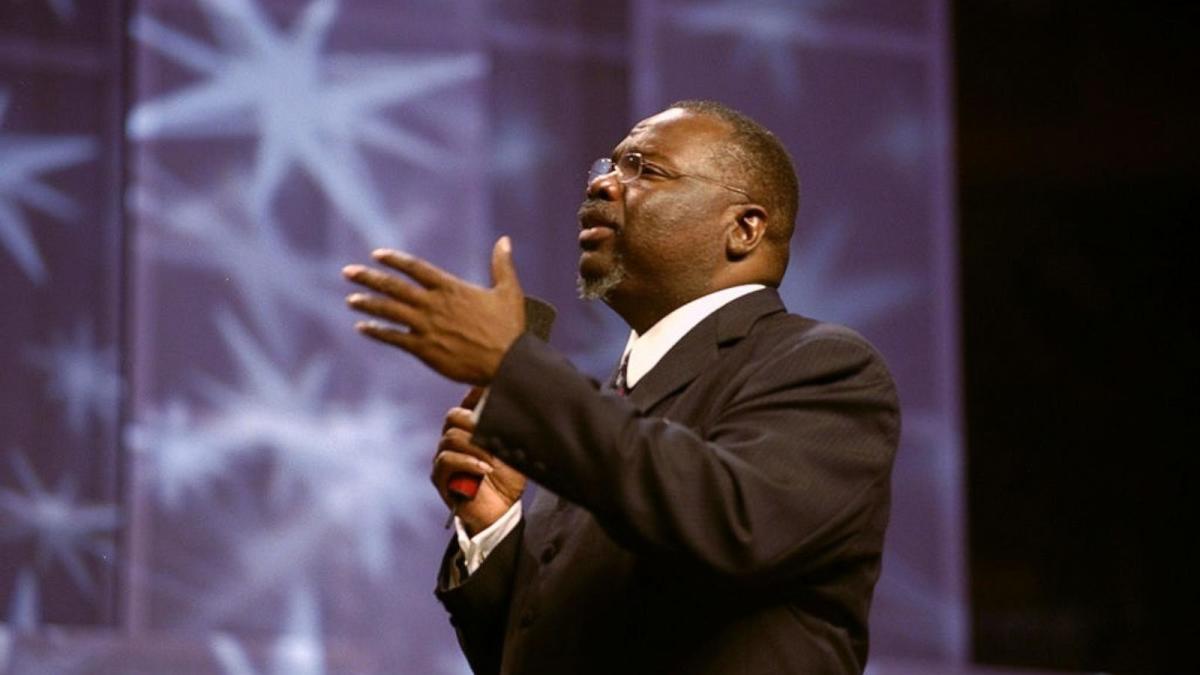
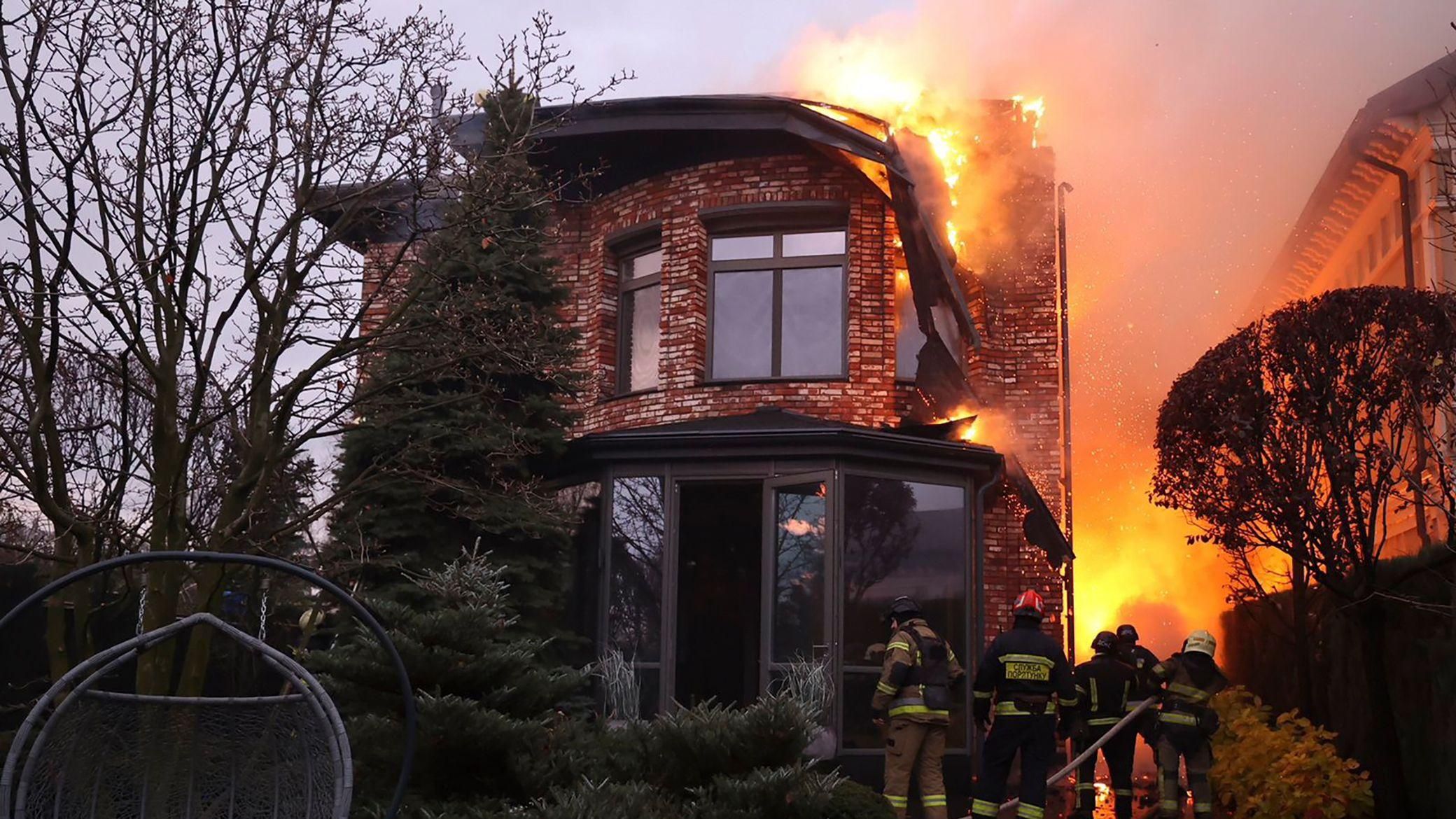
.jfif)
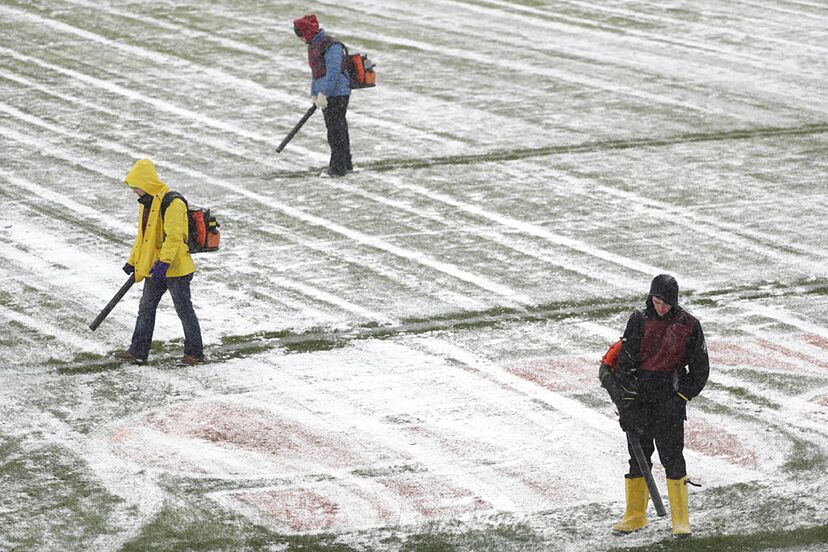

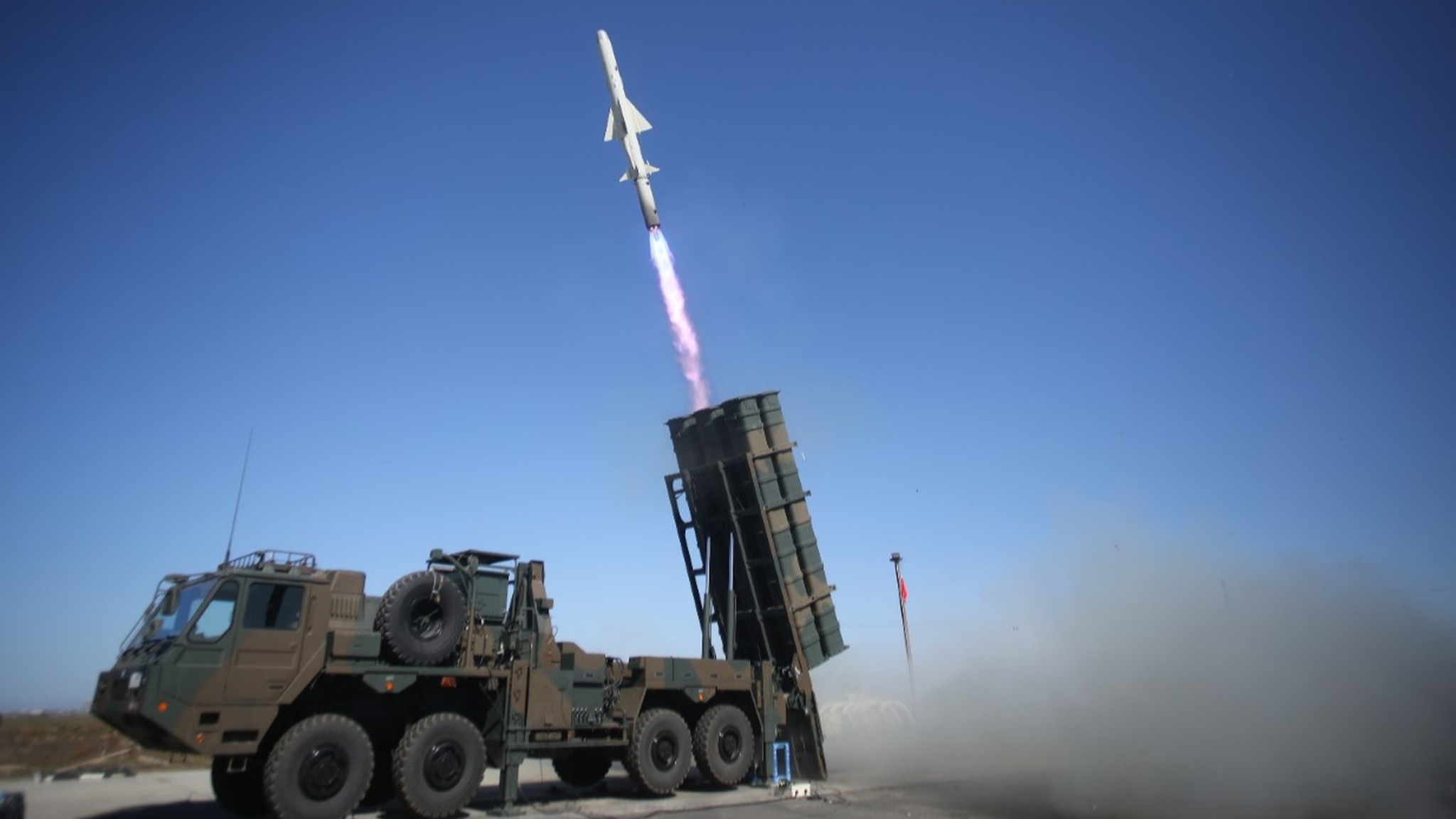
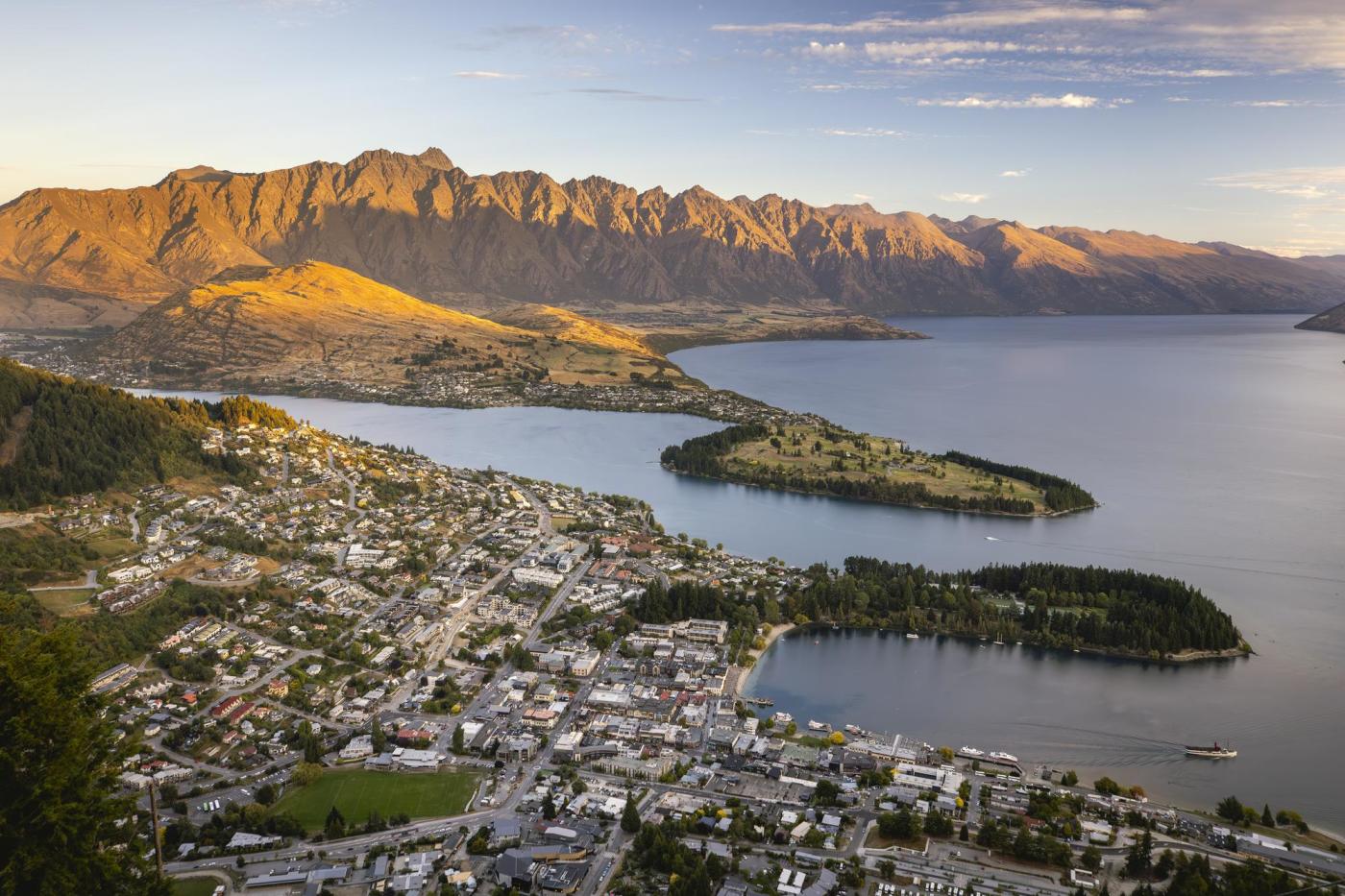


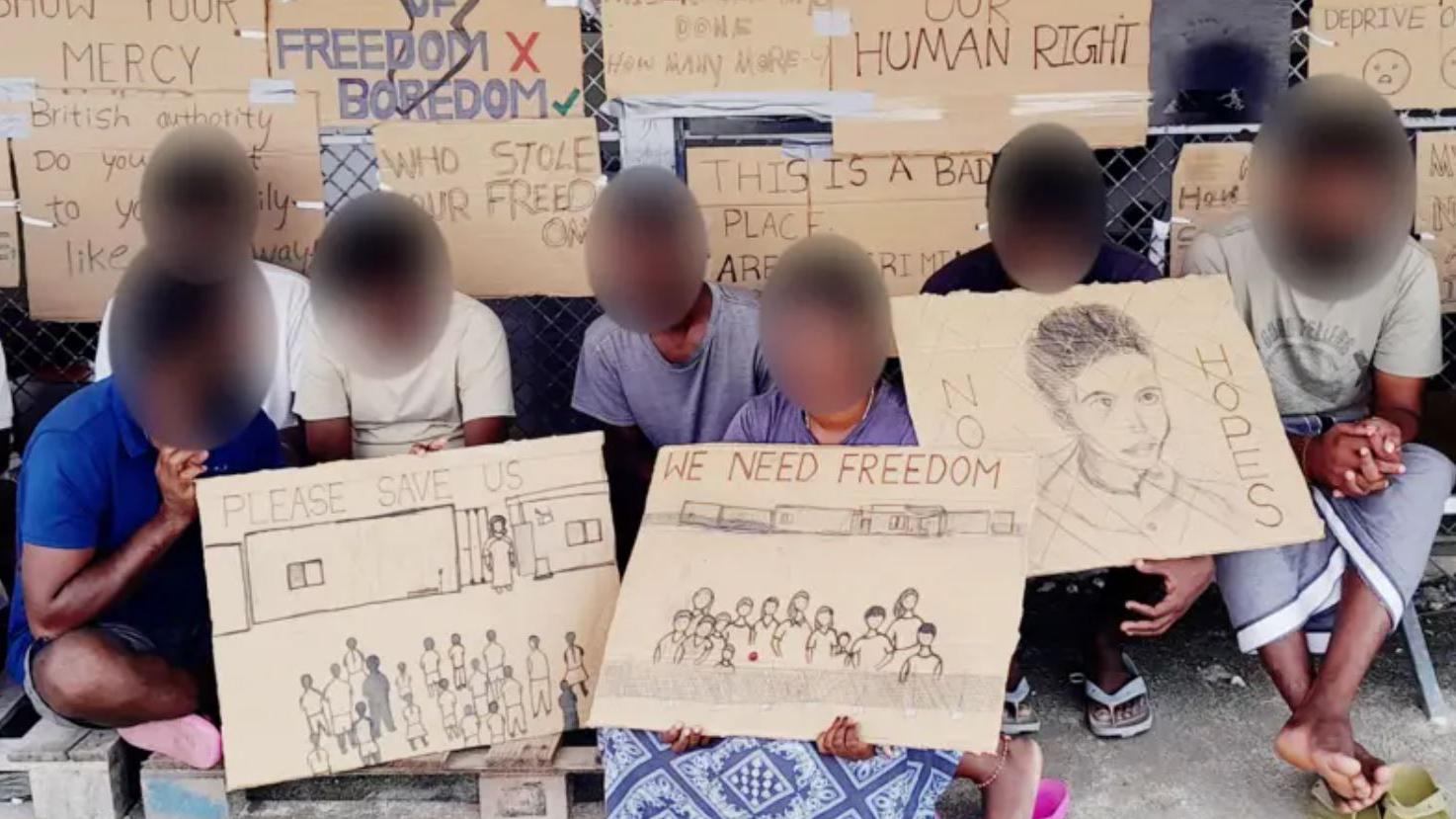
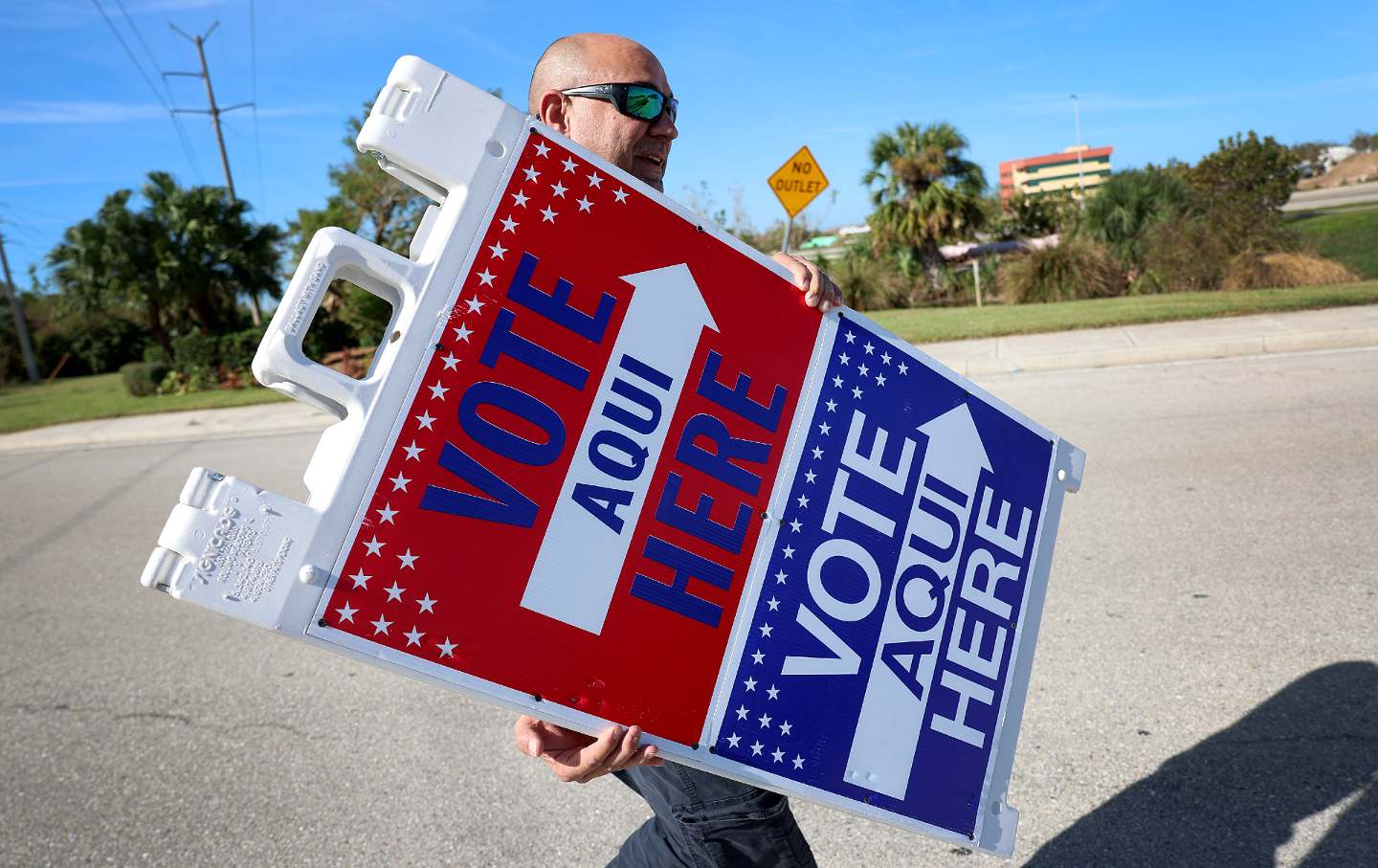


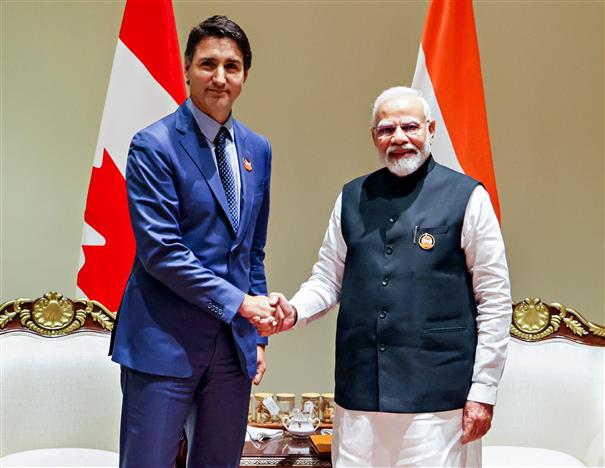
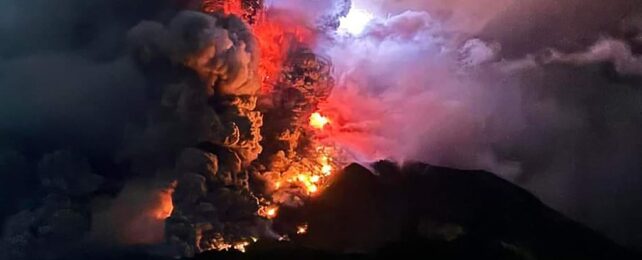

























































































.png)
 (1).png)























